[non-paywalled issue] The Rabbit Hole 🕳🐇 issue no.34
living softly, imaginal journeying, walking with neitzsche
Dear reader,
Hope you’re all staying warm out there :) Here are the visuals, words, poetry, and art so far that stirred my soul for the month of December.
🗞️ grab a coffee, get comfortable, press play 🎵, and enjoy issue no. 34 ☕ of Rabbit Holes.
Issue is best read in the browser instead of e-mail.
2 options this week for music accompanying the newsletter:
🎵 Vibe #1: Moody, berlin bunker, existential, ethereal
🎵 Vibe #2: you’re preparing for winter finals at hogwarts

Student studying under a tree, Bryn Mawr, 1966

A reader lives a thousand life’s
Every week, Patricia Mou hand-picks the most psychoactive internet rabbit holes that explore this question: What does it mean to live a life of meaning and beauty?
Ready to jump down the rabbit hole? 🕳️🐇
Cozy seating
Cozy bookshelves
[video] Chichibu Night Festival 2022 is back
The Chichibu Yomatsuri(Night Festival) is the grand festival of Chichibu Shrine. People pull gorgeous floats around Chichibu, while kabuki is performed inside the floats. Fireworks light up the night sky and attract many visitors.
The festival has its origins in the middle of the Edo period with the development of the silk market which had opened up in the grounds of the shrine.
Every week, Patricia Mou hand-picks the most psychoactive internet rabbit holes that explore this question: What does it mean to live a life of meaning and beauty?
Ready to jump down the rabbit hole? 🕳️🐇
[resource] 2022 Annual Review + 2023 Planning
2023 is around the corner and this is the most valuable personal dev exercise I do in the year :)
key trick: put screenshots of goals and moodboard in digital + physical spaces you frequent so they marinate in your subconscious sharing my google doc template
[letter] Make your soul grow
In 2006, a group of students at Xavier High School wrote to Kurt Vonnegut, and he wrote back:
November 5, 2006
Dear Xavier High School, and Ms. Lockwood, and Messrs Perin, McFeely, Batten, Maurer and Congiusta:
I thank you for your friendly letters. You sure know how to cheer up a really old geezer (84) in his sunset years. I don’t make public appearances any more because I now resemble nothing so much as an iguana.
What I had to say to you, moreover, would not take long, to wit: Practice any art, music, singing, dancing, acting, drawing, painting, sculpting, poetry, fiction, essays, reportage, no matter how well or badly, not to get money and fame, but to experience becoming, to find out what’s inside you, to make your soul grow.
Seriously! I mean starting right now, do art and do it for the rest of your lives. Draw a funny or nice picture of Ms. Lockwood, and give it to her. Dance home after school, and sing in the shower and on and on. Make a face in your mashed potatoes. Pretend you’re Count Dracula.
Here’s an assignment for tonight, and I hope Ms. Lockwood will flunk you if you don’t do it: Write a six line poem, about anything, but rhymed. No fair tennis without a net. Make it as good as you possibly can. But don’t tell anybody what you’re doing. Don’t show it or recite it to anybody, not even your girlfriend or parents or whatever, or Ms. Lockwood. OK?
Tear it up into teeny-weeny pieces, and discard them into widely separated trash recepticals. You will find that you have already been gloriously rewarded for your poem. You have experienced becoming, learned a lot more about what’s inside you, and you have made your soul grow.
God bless you all!
Kurt Vonnegut
[essay] crushes are often just misplaced ambition
We get to perform with someone new that we like. Crushes can be a window into something we feel we don't have, something we feel we are lacking, something we want someone else to fulfill—some ambition we have for ourselves.
…
And I think that's quite normal; to look out into the world and feel attracted to things we want to see more of. This is, I think, how everyone develops their own definition of beauty. It's largely the intersection of what we find most interesting, and what we want to see more of in the world.
…
So, our crushes often exist to tell us what we are looking for within ourselves. They tell us where our ambition is pointing. And that's quite useful. Because if you don't think you know what you want, or where you want to go, or what you want to do, or what you want to be more of, just look at your crushes:
What do they all have in common that makes you want them?

[essay] Jumping into the void
I’ve never done something like this before. After high school it was always classes, internships, interviews, master’s, scrambling from one stepping stone to the next. Nowadays I meet all these people younger than me who are doing gap years or foregoing college altogether, carving out their own path, and I think: what a fucking awesome thing to do.
So I’m taking my belated gap year, I’m “dropping out” of the tech career ladder. At some point you run out of excuses (save more money, figure out immigration stuff, also these layoffs, also the uncertainty, and what if you just spiral, or what if you fail, blah blah blah). By the end it felt less like a decision and more like an inevitability: I am going to die one day, so I should not be spending hours and days and weeks and years doing things I don’t love to do. Agency—it’s a thing, you should look into it.
[resource / modality] Imaginal Journeying
Imaginal practice’ is a hugely broad range of practices that is as vast as ‘meditation’ or ‘therapy’. It is loosely defined as connecting with the part of experience that is fuelled by imagination, intuition, the subconscious and soulfulness.
It has been described as being akin to taking psychedelics or dreaming while you are awake.
Some of the key imaginal practices and cultures that we are building upon include, but aren’t limited to: Jung’s Active Imagination, Rob Burbea’s Soul-Making Dharma, Tantric Buddhism, Shamanic Journeying, Cliff Barry’s Shadow Work Therapy and George Lakoff’s Metaphors We Live By.
If you’re interested in trying imaginal practice, here are some places to explore.
Rosa Lewis’ Overview of Imaginal Practice
The Dharamagarage online dharma group
River Kenna’s Manifesto on the Somatic-Imaginal and online courses

[essay] intensity
There’s that Charles Bukowski line from his poem Roll the Dice: If you’re going to try, go all the way. Otherwise, don’t even start.
But obsession is intoxicating. And anyone who has been obsessed knows that. Obsession pulls you in like quick sand. It immerses you. And the most startling part is that you go willingly. If you wanted to resist it, you could. But there’s that moment, that line, where you let yourself fall into it. It’s a kind of beautiful surrender—letting it take you. Scary, but seductive, and most of all: intense.
We’re on the same team—me and my obsession. I’m consenting to it, letting myself fall into the quicksand. And it’s equal parts terrifying and thrilling. Thrilling because enjoying something so much that it’s all you want to be doing is such a privilege, right? And terrifying because isolation is, well, isolating. It’s great until it’s not. There’s that point where it starts to get dark, but it’s hard to anticipate when you’re reaching that point. Giving in to your obsession means surrendering most of the commonalities you have with the world around you. The overlap between you and everyone else begins to shrink. And the portion of your identity allocated to the obsession—to the work—grows. And so you sink in deeper.
[essay] Over-indexing on freedom; The somewheres vs. the anywheres: digital nomadism is lonely—but the problem is deeper
Commitment has been a theme in my life recently. Commit to a city (SF), commit to a side project (the commons/rabbit holes), commit to a lifestyle (meditation/pescatarian), commit to a spiritual path - commitment, paradoxically, leads to more freedom.
So many people worked from home during the pandemic, they realized that working from home can be quite wonderful. You can move, live in a cheaper place, even go abroad! You can spend more time with your kids, make your own lunch at home, go for a walk in the middle of the day, have more control.
But I’m afraid we might be taking the wrong lessons from our new-found, post-pandemic remote lifestyles. See, I’ve been living this way for a long while now. I’ve arranged my whole life optimizing for freedom, and for me, the pandemic taught me a kind of opposite lesson. It showed me that being a Somewhere as opposed to an Anywhere is pretty nice. As a Somewhere, I had literally planted seeds in the ground and watched them grow. You can’t do that when you’re an Anywhere.
McCardle hypothesized that a society full of Anywheres is a society that will begin to disintegrate and fall apart. Freedom is all well and good, but if everyone over-indexes on freedom, you don’t have a community, much less a country.
[essay] i am me before i am anything else
So, why are we so drawn to labels? When we label ourselves, we are in essence joining a community built around that label. (In the digital age, this is becoming increasingly easy to do—and increasingly lacking in meaning as well.) Ultimately, we conform to the identity group our label is affiliated with. Inevitably, affiliation with an identity group will consciously or subconsciously lead to at least some moderation of our thoughts, feelings, beliefs, and actions.
The downside, if we ever realize it, is that we lose our genuine selves; we constantly seek out approval and validation from others to feel secure in our “identity”; we become a pseudo version of ourselves; we do not know who we are anymore.
The upside? Well, the upside is so powerful that it often masks the downside, which is why so many people find themselves in a state of automaton conformity: we gain a community that (superficially) makes us feel secure; we do not feel isolated or out of place or weird; we are provided with (and rewarded for taking) shortcuts for what to believe in, what to do, and how to feel—all so we are not burdened with the important but painstaking work of determining these things for ourselves and, consequently, having to take accountability for the outcomes of our decisions; we are relieved from doubt in ourselves; we potentially gain status and the envy of others.
[essay] How to Lose
You can’t wait until everyone understands you and gives you their permission and blessing to go live your life how you want. You don’t need to feel guilty about moving on, letting go, losing their dumb status games, and going after your own life goals. It is ok if you’re not properly calibrated to humanity and meet some people who try to take advantage of you. It is ok if you’re a hopeless romantic and keep believing that the people you love will love you back in the way that you want them to. It’s ok that you do and say embarrassing things and that does not mean that you will spontaneously combust.
If I go around thinking that I need to have a proportional response to each thing that happens to me, then I’ll spend all my time and resources playing someone else’s game where they make the rules and they decide who’s going to win. The real game is finding out what you want and going after it with all your heart. That’s the secret to being happy and free.
Anger is not the answer, the answer is learning how to lose other people’s games so you can finally win your own.
[essay] Some things I learned and was wrong about in 2021
It’s my birthday! Someone asked me to write a letter to myself about the things I learned this year and in doing so, I realized just how many things I’d been wrong about. I like that feeling :) This is that list — sharing in case it sheds some light on my thinking or offers solace to others navigating similar waters.
You can make yourself interested in anything.
My path isn’t going to look like everyone else’s but that doesn’t mean it’s interesting.
All my spikey bits that made my circular self hard to fit through a square-shaped hole have become significant advantages once I managed to squeeze myself through.
I care a lot about making the world more beautiful and soaking in its beauty.
Getting up on the public stage (e.g. the internet/social media) is only worth it if you have a goal in mind.
Failure exposure therapy is the main thing most people need to do big things.
The speed by which you do one thing is the speed by which you do everything.
People with taste will always have a job, their title just might change.
Software will make almost all of us generalists, with a select few extremely spikey specialists (basically artists).
I am often not asking the right questions and I know it. Despite that, my favorite questions to ask others right now are:
Where were you when you had the idea for your current thing?
What has most impacted your taste in ideas?
Whose words echo for you?
[essay] Nine Levels Of Increasing Embrace In Ego Development: A Full-Spectrum Theory Of Vertical Growth And Meaning Making
What makes EDT unique and different from other theories in the field of constructivist developmental approaches is its focus on meaning making. EDT addresses the whole person. It is best understood as a framework that portrays the growth of individuals as moving into ever greater awareness and integration about both the inner and the outer world.
The first half of the trajectory – from Symbiotic embeddedness to Achiever independence -- fosters the increasing separation from the newborn’s union with the mother towards the discrete, self-sustaining adult identity with clear boundaries, an self that is capable of making reasoned decisions, postpone gratification and pursue meaningful goals and purposes. It is this self-governing Achiever that is often viewed in the modern world as the fully developed “adult.”
The second half of the trajectory – from Pluralist to Unitive -- represents a step-wise deconstruction of the sharp and artificially created boundaries towards an ever deeper identification with all that exists. The second half can also be likened to an ongoing individuation towards a more holistic, fullbodied, and integrated self that is fully aware of its interdependence with other systems and one that can take a perspective on its fundamental non-separateness.
[essay] What Comes After Ambition?
I think this also may apply to men too:
I know a few women who are fantasizing about fundraising a seed round or making partner. But most of my friends are running the numbers to figure out if they can afford to quit without another job lined up, or go down to four days a week without taking a significant salary hit. They are applying for positions that don’t require overtime so they can be more present for their children, their elderly parents, the causes they care about, their own creative practice. Some are thoroughly burned out and want to work less for the sake of their own health. Still others spent much of the past two years collecting unemployment, and found the experience more radicalizing than demoralizing.
“Yes, I’m ambitious,” a friend told me recently, “but climbing the corporate ladder does not interest me like it used to. A title, a bump in pay—it’s not satisfying. What I need to feel successful and fulfilled is completely different. Am I doing something that brings satisfaction? Do I feel like I’m learning? Do I feel like I’m contributing? Do I feel like I’m connecting to other people? Do I feel like I have flexibility in this new way we live and work? Am I given not only responsibility but autonomy? Am I in a place that aligns with my values? The things that I am looking for have changed.”
[ESSAY] Unemployment Part I – Quitting Won't Save You
The unfortunate truth is that many people become dramatically less productive after going independent. After quitting her job and becoming a “full-time writer”, Nadia describes her life as just being “pretty crappy”. Several close friends have experienced the same effect, becoming less productive on side projects after quitting their day jobs.
How is this possible? Why doesn’t alleviating a 40 hour a week burden change things dramatically for the better?
You can only do 4 hours of real work a day
Opportunity cost skyrockets
Having a boring job is motivating
Lack of psychological distance
There’s no more shallow work
Hopefully, at this point, the steps to resolve these issues stem intuitively:
Accept that you max out at 4 hours a day, and make sure you’re actually hitting it every day
Find sources of lasting intrinsic motivation that aren’t based around feelings of inadequacy
Measure yourself by what you’ve done, not how many hours you’ve put it
Enjoy your newfound freedom, but in ways that don’t directly compete with your real aims
Create psychological distance by choosing a particular time and place to work, and if necessary, inform who could distract you of your “official work hours”
[gallery] Literature as Hypertext The blogging hall of fame
A hall of fame on the best internet writing curated by Judah. A 🐇🕳️ for sure.
Every week, Patricia Mou hand-picks the most psychoactive internet rabbit holes that explore this question: What does it mean to live a life of meaning and beauty?
Ready to jump down the rabbit hole? 🕳️🐇
[essay] burning time: incense clocks
What a truly poetic way of measuring the passing of time:
“In the old days (…) every time a geisha arrived at a party to entertain, the mistress of the teahouse lit a stick of one-hour incense—called one ohana, or “flower”. The geisha’s fees were based on how many sticks of incense had burned by the time she left.”
Although incense was commonly used for time-telling purposes in China, it was especially linked to Buddhist worship, and even more so in Japan, where the role of incense as a time-measuring device was essentially circumscribed to geisha houses and Buddhist temples.
As the flameless fire consumes an incense time marker, a waft of aroma lets you know how much time has elapsed. The gentlest reminder ever devised.
So next time you burn a sandalwood joss stick or throw some olibanum pebbles on an ember-filled censer, consider how our lives can be measured not only in hours and minutes, but in incense sticks and seals made of resin, wood and flower.
[essay] Exploring Reality with Both Hemispheres
Our world is grappling with the constant and increasing friction between the linear, scientific, intellectual, precise, statistical modes of thinking and the indirect, organic, intuitive, fuzzy, embodied modes of perception. Unfortunately, the former is generally derisively dismissive of the latter and the latter transcendently avoidant of the former. Both sides fervently claim that their way is the way, and that the other is shrouded in darkness, ignorant of the truth, deluded, and so on and so forth.
That's interesting, isn't it?
This divide is as fundamental as the left brain/right brain split. As in, it's mostly a false premise. In actuality, each hemisphere of the brain shares responsibility for various tasks but differ in their particular strengths, and there are individual differences in hemispheric specialization between people. "It takes two hemispheres to be logical -- or to be creative." I believe that the relationship between modalities of thinking and perception are exactly the same: you need both!
[essay] Walking with Neitzsche
Like Thoreau, Beethoven, and Darwin before him, Friedrich Nietzsche was known to take walks alone, sometimes up to eight hours a day. The German philosopher would carry a notepad with him and pen down thoughts as he walked. The walks, meant to help clear his complex, genius mind, clearly stimulated him. Entire sections of his great Thus Spoke Zarathustra were written on foot.
Why?
The relinquishing of the physical map allows your brain to build new mental models.
The sense of adventure and the risk associated with not knowing where you are going contrasts with a newfound trust that can be located in the body.
Friedrich Nietzsche was acutely sensitive to place: to the taste of sea air, to the sweep of wind across the coast, to the narrow confines of medieval walls or the tumbling breadth of an Alpine vista framed by the window near his writing desk. He was convinced that the effects of environment, climate, and terrain on one's life and thought were both tangible and profound.
Which leads me to a dream of mine: going to all the paces Nietzsche spent Autumn (my favorite season).
Thankfully, in The Good European, Krell and Bates explore for the first time Nietzsche's Epicurean appreciation of the beautiful cities and landscapes in which he worked and their effects on his thought. Here are those cities he stayed in for Autumn:
Piz Roseg, in the Bernina Chain of the Alps south of Sils-Maria, Oberengadin, Switzerland.
Lake Lucerne, Switzerland.
The Dolomite Mountains above Lake Garda, in the South Tyrol.
Lago Maggiore, Italy
Isola Borromeo, Stresa, on Lago Maggiore.
The town center of Cannóbio, on Lago Maggiore.
The Cannobino River, taken from a bridge high over the gorge, not far from the Villa Badía.
Lake Como, and the western part of the city of Como, with the Villa Olmo on the left.
Sunset in the Dolomites above Recoaro Terme in the South Tyrol.
The elegant Albergo Tre Garofani ("The Three Carnations"), where Nietzsche stayed while taking the waters at Recoaro.
The Albergo Tre Garofani
Procuratorie Vecchie, Piazza San Marco, Venice.
Rapallo, on the Italian Riviera. The Castrum Venagi.
Sunset on Monte Allegro, above Rapallo, where Nietzsche loved to walk.
Mentone, on the border of Italy and France.
One of Nietzsche's residences in Nice. Rue François de Paule (Nietzsche resided on the shadow side of the building, not facing the sea, on the third floor on the far left.)
On the "Chemin Nietzsche" at Èze, east of Nice
Parc du Château, Nice.
Galleria Subalpina, Turin, Nietzsche's residence at the time of his collapse
[TIL] Invisible College
"Invisible College" is a term used for a small community of interacting scholars who meet face-to-face and exchange ideas. The tradition started in the 1600s by the scientist Sir Robert Boyle (of Boyle's Law) to combat the corrupt academy, dependent on authorities like the Church to determine truth. The invisible college would meet privately to discuss and share their work, eventually leading to the creation of the peer review process, a cornerstone of research today.
[ESSAY] spotify lowkey giving sola fide vibes
I’ve been thinking about some of my favorite things: how the internet is just Calvinism, Veblen and emulation in the digital context, and the harrowing aridity of modern secular life. In short,
I’ve been thinking a lot about how Spotify Wrapped is just another example of the ways we’ve turned to apps and platforms because we no longer go to confessors or priests or preachers. We can’t find Salvation in the app store, but we can find its imitators.
Every age in every place has its crisis of meaning. I mean, hello, the Protestant Reformation. Hello, the Great Awakening. Hello, the World Wars I & II, the Cold War, the Civil Rights Movement, and many more between.
Spotify Wrapped, I think, appeals for all the same reasons that all the other things appeal to us. Things like Meyers-Brigg, Jung, Buzzfeed Personality tests, Astrology, Harry Potter Houses—the great celestial transit of archetypes. It is one of the main modes by which we live now and consume and engage art. We turn everything into a series of archetypes to be either identified with or disidentified with. I’m such a Cersei. I’m such an Alicent. I’m such a Maxine Shaw. I’m such a Carrie. I’m such a Richie.
Spotify Wrapped then is just another entry in our book of archetypes. It’s a little kernel of meaning. It’s an optimistic gesture, one that speaks to the existence of an order in all the chaos of our lives. We click and nervously wait while it tabulates and calculates and sorts us and it seems to speak with the authority of the almighty as it pronounces our names and tells us who are so that we might learn to speak to others of those far, dark reaches of ourselves.
[essay] Metaphorical realism
The essence of realism, whether naive, religious, scientific or otherwise, is to mistake a mental construct for reality. The trick consists in allowing something to stand in for reality: to represent it. In other words, metaphor is the perfect metaphor for how our minds relate to reality in general.
This framing is enormously versatile, and I wish to use it to basically recontextualize everything having to do with reality claims: Religion, science, perception—all can be reinterpreted in terms of metaphor. Taking reality claims literally traps our minds—but as I’ve probably emphasized to excess already, immersive use of the very same ideas and perceptions does not require taking them literally. Putting metaphor front and center is a useful reminder in this regard, because metaphors should never be taken literally, however much seriousness they nonetheless deserve. With metaphor, a familiarity is described, a resonance captured, but true reality eludes it, and so relying too heavily on it is an obvious fool’s errand. This is how we should relate to all our ideas about reality.
Metaphorical realism, then, is intended as a universal lens, one that permits a lighter, more versatile mindset, with which we can more easily avoid getting bogged down in superstition and confusion.
[rabbit hole] Closer to Turth
Closer To Truth presents the world’s greatest thinkers exploring humanity’s deepest questions on:
Cosmos: Why is there something rather than nothing? What exists? How vast is the cosmos? Are there multiple universes (multiverse)?
Consciousness: What is consciousness? Can brain explain mind? What are persons? Do persons have souls? Life after death? What is free will?
Meaning: What is God? Does God exist? Does God make sense? Is God a person? What are God’s traits? Alternative concepts of God?

[essay] Ideas are Alive and You are Dead
It’s a great essay, with a simple premise: ideas are living creatures, and we are their hosts.
We do not create or “have” ideas—if anything is doing the creating or having, it is the ideas themselves.
There are times when we recognize this truth (when an idea “magically” pops into your head from “out of nowhere”), but too often it is obscured by the post-hoc just-so stories we tell ourselves about how I, the Great Thinker, Precious Me, was able to “come up with” the brilliant idea (e.g. I combined two other ideas, I was inspired by a memory, an event, another idea). Whatever explanation you give, the experience is always the same—the idea simply arrives. All else is confabulation.
Why some ideas enter certain minds, and others do not:
Why then does an idea enter one mind and not another? Ideas act as all organisms do—they seek habitats (i.e. minds) that can provide them with the space and resources (i.e. mental runtime, ideas eat the energy that enables action potentials) needed to survive and reproduce (i.e. create new idea-children).
Just as some ecosystems are more diverse, abundant, and resilient, some minds are as well. What we call creativity is the quality of possessing a healthy mental ecosystem, one that offers fertile ground for a plenitude of ideas.
Ideas may also be attracted to particular minds for more specific reasons—for example, an idea may see that other related ideas (members of the same genera or family) have found the mind to be especially suitable or perhaps the mind is in dire need of a certain idea and therefore will offer it ample resources upon arrival. Some minds (e.g. those that are dominated by one idea or set of ideas, perhaps a religious or political ideology) provide poor habitat and are avoided by all but the most desperate ideas (e.g. irrational and harmful ideas that can’t find a home elsewhere—this is why conspiracy theories and hateful ideologies tend to congregate in the same minds).
How might you orient yourself in the game of ideas vs. biological organisms?
Our universe is a grand game in which the players (the simulators, whoever they are) can assume any character at any time. We might naively (and narcissistically) assume that the best characters to control are biological organisms, but in truth playing as an idea is infinitely more fun and exciting. Ideas can dance across the universe, entering into minds and other substrates as they please, modifying the flow of matter and energy on the smallest and grandest scales. Organisms are so utterly limited in comparison.
A philosopher asks: what is it like to be a bat?
Tell me: what is it like to be an idea?
How might you make your mind a beautiful place for ideas to want to embed and germinate? 🌱
Every week, Patricia Mou hand-picks the most psychoactive internet rabbit holes that explore this question: What does it mean to live a life of meaning and beauty?
Ready to jump down the rabbit hole? 🕳️🐇
[essay] The type of love that makes people happiest
TL;DR: monogamy with your bestfriend
The Harvard Study of Adult Development has assessed the connection between people’s habits and their subsequent well-being since the late 1930s.
The happiest, healthiest people in old age didn’t smoke (or quit early in life), exercised, drank moderately or not at all, and stayed mentally active, among other patterns. But these habits pale in comparison with one big one: The most important predictors of late-life happiness are stable relationships—and, especially, a long romantic partnership.
The important thing for well-being is relationship satisfaction, and that depends on what psychologists call “companionate love”—love based less on passionate highs and lows and more on stable affection, mutual understanding, and commitment.
“The well-being benefits of marriage are much greater for those who also regard their spouse as their best friend.”
Promiscuous roosters notwithstanding, the romance of companionate love seems to make people happiest when it’s monogamous. I say this as a social scientist, not a moralist: In 2004, a survey of 16,000 American adults found that for men and women alike, “The happiness-maximizing number of sexual partners in the previous year is calculated to be 1.”
[suggestions] on being good
Cute suggestions on doing good, which actually benefit us as much as it benefits others:
Tell your mom (or someone who feels like your mom): “You raised me right. Here is one of the biggest lessons I’ve learned from you: _______________.”
If you see a couple—and they’re trying to take a selfie of themselves while on a romantic date or trip—ask, “Would you like me to take that photo for you?” Offer to help. Capture the moment. Extra credit: ask, “How did you two meet?” and give them an opportunity to tell you their love story.
Tell a teenager: “You are so brilliant. I can’t wait to see who you become. And I love who you are right now.”
Give a compliment to three strangers: a child, someone your own age, and an elder. Try to share a compliment that’s not related to their body or physical appearance. Instead, praise their inner qualities and skills. Say, “You’re amazing at riding that tricycle!” “You have the most calming voice. I could listen to you speak all day long.” “You inspire me to be more courageous.”
Choose a struggling (or not-so-struggling) artist and publicly thank them for adding beauty and inspiration to the world. Post a positive review online. Mention them in your newsletter. Or send a personal note to say, “I love your work. Please keep going.”
[essay] Dr Strangelove — Or: How I learned to Stop Overthinking & Love the Doubt
Like the movie, I want to tell you that living in constant fear and planning for everything won’t make you happy. I’m saying that when you let go—embracing the situation and surrendering to the unknown—it will make you happier and open you up to the world’s wonders.
First, I’ll show you why overthinking sucks b@lls (as if you didn’t know that already). Namely: it’s (surprisingly?) irrational, it paralyzes you, it makes you inauthentic, and it turns you into a zombie.
Second, I’ll show you the gift of your intuition and how you can embrace it.
Third, I’m sharing my story of surrender1 with you so you can see for yourself why letting go is the ultimate power and how that realization can reduce your overthinking.
Lastly, I’ll offer my closing thoughts, summarize the main takeaways, and give thanks.
[essay] Mindful Sex: Love Drugs
Then something remarkable happened. Once I stopped being able to consistently get high off the love/sex experience, it began to seem crude, disruptive, and even silly. It’s important to be open to all of our experience, so I tried not to resist it either. I laughed out loud when I got a text and felt that chemical rush through my body. It was so predictable. The less I was pulled into the intensity, the more I could just witness the rise and fall of sensations and thoughts. They stopped being “me,” and I stopped needing to do anything about them.
That doesn’t mean that I didn’t continue to have fun texting, flirting with, and fucking my new love interest. Rather I was able to let go even more into the experience because I was not grasping so much. This brings a deeper connection with the other person. This allows for me to interact from a place that is beyond the stories my mind generates. I see the other person as a unique and spectacular human, not just as a way to get high and check out.
[essay] 5 life lessons from the ICU
Mari Andrew writes a substack about her experience as a chaplain in the ICU. A chaplain is a certified clergy member who provides spiritual care for individuals in a non-religious organization.
Toward the end of my term, I realized that the role of the chaplain is to hold hands in the dark, not to search around for a flashlight in order to find the light switch. An offering of darkness can be a valuable gift when everyone else is forcing fluorescence on you.
One of my favorite visits in the ICU was to the room of a Pakistani professor who spoke seven languages and had a few fascinating facts on hand for any topic I brought up. It was so obvious that his mind was a wonderful place to be, like a labyrinthine antiques shop filled with storied marvels.
He was so engaged with the world and so interested in whoever he was talking to that his physical predicament barely fazed him. He embodied “I think, therefore I am,” particularly when the crude facts of biology were fighting against him but his brain still glittered with curiosity.
What made some patients smile and express gratitude for every little thing, and some patients curse their predicament with bitter resentment? To my surprise, it wasn’t necessarily an active spiritual life, a gratitude practice, or a meditation hobby that contributed to sustained appreciation and joy even in a hospital bed. It also didn’t seem to matter much whether the patient was married or had kids or not. Resilience didn’t appear to stem from money or knowledge or accomplishments. Or hobbies or ability to run fast. It all came down to friendships. Those who had a caring network of friends were SIGNIFICANTLY (like, 50 billion times) more cheerful, accepting, thankful, and at peace than those who didn’t have connections outside of family.
She told a story of a father who visited his ill infant daughter every day, many hours a day, during which he would simply look at her. There’s no telling what was going through his head as he watched her: awe? adoration? terror? But in any case, he watched her grow and die at the same time, as long as he could. The priest thought of that as an illustration for how God watches our lives with loving attention. It’s also how I came to think about companionship in general. I am a witness to my friends’ lives, and they are a witness to mine. And what higher calling is there for two partners than to bear witness to each other’s comings and goings and foibles and triumphs?
[person] Gino Yu
Gino Yu is the Director of Digital Entertainment and Game Development and the Founding Head of the Multimedia Innovation Center at Hong Kong Polytechnic University, where he is currently an associate professor.
What I found most interesting was his side projects & reserach goal:
He also founded the Asia Consciousness Festival and hosted the 2009 edition of the Toward a Science of Consciousness Conference. His main area of research focuses on the application of media technologies to cultivate creativity and promote enlightened consciousness.
Check out some of his interviews here:
[interior design] recently I rearranged my room and created a new reading nook 😄⛈️
everyone should have a reading nook they can rest, read, play, & cuddle in 📚 you can buy everything below at the links I've provided here. no affiliate links, just trying to make it easier for anyone to create this for themselves.
[essay] spirits in my head, slowly unhaunting myself
Every day I wake up to face the ghosts from my past. I call it “bartering with my demons.” In absolute time it was many years ago. But to my dreams and my body, it may as well been yesterday. Time doesn’t work the same in our inner worlds. Salience is king there. It doesn’t care about calendars, birthdays, or seasons. It knows what was real for you, and it remains as long as you hold on to it—suspended in anti-gravity.
When memories flare up, it hurts like having a blowtorch strapped to my arm, and I’m not allowed to move. And I’m not a highly skilled meditator like Thich Quang Duc who can self-immolate with a smile on my face. Not yet, anyway. So I wait it out, I write, talk to friends, listen to music, or stare at the clouds until the pain dies down. I’ve been doing this for years now, rinse and repeat. It’s like I’m flushing out gunk from a dirty pipe and I keep running the faucet but it still won’t run clear. There have been big improvements since I started doing this, to the extent that my life is unrecognizable to my former self, but I’ve still got a long way to go.
[suggestions] 20 friend dates
Ones i liked:
Bring back the make-believe! Either together or in your respective homes, build a pillow fort or create an indoor picnic. Once complete, co-watch a favorite childhood movie together.
Rest together. In person or over a video call, make face masks of any kind that work best for your skin (clay, honey and oatmeal...Google has your back on this one). Lounge together, listen to soothing music, drink water, discuss what your rest practices look like, and how you can be there for each others rest.
Ask each other the questions from the NYTimes piece “The 36 Questions That Lead to Love.” You can do this in person, by sending letters, over a video call over snacks, through voice memos over a month, or whatever pace works best for you.
Sip tea, collect art supplies (paints, crayons, markets, etc.) and create art together in person or over a video call. Share your pieces with one another. .
Go on a color walk together. Take turns picking a color to follow. For example, choosing pink and going the direction of a pink flower, then your friend picks red, and you walk the direction of the peeling paint on a fire hydrant. End the color walk with your favorite snack of choice.
For a full week, send each other a picture of the sky at sunset, wherever you are in the world.
[genre] living alone in the wilderness youtube channels
Have noticed this genre of off-the-grid porn become more popular. Check out a few of my favorite channels:
Every week, Patricia Mou hand-picks the most psychoactive internet rabbit holes that explore this question: What does it mean to live a life of meaning and beauty?
Ready to jump down the rabbit hole? 🕳️🐇
[TIL] Project One
An important part of the counterculture of the 1970s, Project One, sometimes described as a technological commune, was an intentional community in San Francisco, California, U.S. Located at 1380 Howard St. in an 84,000 square foot warehouse, formerly an abandoned candy factory, the community functioned from 1970 to 1980 and was the first "warehouse community" in San Francisco.
Most fascinating was their daycare program:
[kickstarter] Habitats
A brand-new science-fiction magazine of uplifting short stories and illustrations about the future of life across the universe.
[cozy internet] Tiny Internets
tiny internets is a research inquiry attempting to answer the question:
What does a more natural, soft, and quiet internet look like, one where the public spaces are actively shaped by us to not only use but live in?
And also
How do we facilitate serendipitous intimacy on the internet?
How do we make people aware that they are co-inhabiting a space together?
How might we embed opportunity for intimacy in our normal use of the internet?
Can we tie together a web of these communal spaces to mimic exploring a city, where engaging feels like an everyday experience rather than a special isolated surprise?
Spencer plans on pursuing a line of questioning that explores how to create conditions for these magical moments to flourish through a series of tangible experiments in different lines of inquiry.
Geocaching What if you could go on a scavenger hunt on the Internet? What if you could leave behind meaningful artifacts for others to stumble upon?
Commuting What do sidewalks look like on the Internet? What would it look like to commute to websites?
[curation-as-a-service] The Syllabus
The Syllabus was born to contest the all-too-predictable culture of social media. Think of this as a slow-paced Twitter that thrives on serendipity and erudition.
Our trusted guides – artists, intellectuals, academics, journalists, and more – use our research infrastructure to uncover fascinating pieces related to their practice.
[whimsical web] Here//&Now
Here//&Now is an intimate, webspace for digital mediation through prompted daily reflections.
There are no limits to re-entering the space for mindful practice.
Here//&Now’s intent is for its visitors to engage with the website by allotting for distraction-free time for each revisit.
[person] Matt Bateman
Matt’s work has been very inspiring for me. With a philosophy PhD from UPenn, his work revolves around the philosophy of education. He is part of the founding team of Higher Ground Education, a Montessori startup. He also runs Montessorium, their think tank arm.
Some of his best content:
Montessori Education (podcast)
An introduction and overview of my take on Montessori, on the Increments podcast. My favorite of my podcast appearances.Vocational Training for the Soul (essay)
Bringing the virtues of work into general character education.Emergency Exit (internal memo)
Winding down Covid protocols in our schools.
[essay] Scenius, or Communal Genius
The history of art and science is crammed with episodes of scenius. In modern literature there was the Algonquin Round Table, the Bloomsbury Group, the Inklings in Oxford, UK. In art there was Paris in the 20s, the lofts in Soho, NYC, and Burning Man recently. In science there was the Lunar Society in England, Building 20 at MIT, or the ever-spreading Silicon Valley.
The geography of scenius is nurtured by several factors:
Mutual appreciation — Risky moves are applauded by the group, subtlety is appreciated, and friendly competition goads the shy. Scenius can be thought of as the best of peer pressure.
Rapid exchange of tools and techniques — As soon as something is invented, it is flaunted and then shared. Ideas flow quickly because they are flowing inside a common language and sensibility.
Network effects of success — When a record is broken, a hit happens, or breakthrough erupts, the success is claimed by the entire scene. This empowers the scene to further success.
Local tolerance for the novelties — The local “outside” does not push back too hard against the transgressions of the scene. The renegades and mavericks are protected by this buffer zone.
[collective] Hundred Rabbits
is a small artist collective. Together, we explore the planned failability of modern technology at the bounds of the hyper-connected world. We research and test low-tech solutions and document our findings with the hope of building a more resilient future.
We live and work on a 10 meter vessel called pino, we have sailed around the Pacific Ocean and realized how fragile the modern-day computing stack was. Living in remote uninhabited parts of the world has offered us a playground to learn how technology degrades beyond the shores of the western world.
[resource] Hosting resources
General how to
Aella: How I Throw Parties - props, cool themes, general considerations, etc
The art of the gathering summary - summary of a very good book
Inspiration
Concerns
My thoughts on hosting
[essay] Billionaire Blues
So alas, I’ve been disillusioned with the game. I have sat in a room asking myself “why” too many times and about too many things. I have unraveled all of my faulty source code and rewritten it from scratch. I have had visions for the future that I wish to see manifest in the world.
The future is community, culture, beauty, excellence, and the real world. It is made of Main Characters, full of purpose and mission who are constantly learning and creating. It isn’t status games, or selling your soul to pay off your student debt. It is the redirection of energy from inefficient stagnating systems towards new, informed, intelligent, coordinated, growing, changing, mutually-beneficial positive-sum and efficient systems.
[retreat] Recurse Center: where curious programmers recharge and grow
Spend six or 12 weeks programming at the edge of your abilities alongside motivated peers—at no cost to you. What I found most interesting was what influences Recurse center’s philosophy:
RC’s philosophy is heavily influenced by unschooling, the educational movement founded by John Holt in the 1970s. Unschooling starts with the belief that people are naturally curious, and that school drains us of our curiosity. We don’t need grades or tests to motivate us to learn how to walk or talk, and as toddlers we are endlessly curious and excited to explore the world. The process of schooling — that is, compulsory education dictated by teachers and backed by fear of punishment or embarrassment — demotivates us and keeps us from developing our capacity to set our own paths. RC provides a space that supports rather than hinders curiosity and self-direction.
And along the same lines, check out Futurepedia - the largest AI tools directory.
[person] Ali Roth
Came across Ali Roth after stumbling across Blue Will teashop in Berkeley. She’s a badass:
When she's not busy working at the Blue Willow warehouse or adjacent Teaspot tea house in Berkeley, California, Ali Roth can be seen making wholesale deliveries on her '71 Honda motorcycle, her dog Boris goggled and seated in the sidehack beside her. She also plays drums in a band, collects and repairs vintage motorcycles, grows her own vegetables, and tends to a clutch of chickens—Henrietta, Hans Solo, Thelma, Louise and Goldie Hen. Above all, however, her true passion is tea.
Every year, Ali travels to Asia to meet with tea farmers and search for exciting new teas to bring home and share. As a result, she's developed relationships with the tea pluckers and their families, and remains committed to supporting sustainable and responsible practices.
[initiative] Beautiful Software is Christopher Alexander's research initiative on computing and the environment
We need to develop our capacity to work together to help the world become more beautiful, humane, fair, natural, comfortable, and alive. We need to listen carefully to people and nature, and to ground ourselves in reality.
Ultimately, we want to help human intuition to do what it does best. That means people's interactions with computers should only help them to do what is needed, to inform them, to help them connect to the real world, and to draw their attention towards important things they've forgotten, and away from unimportant things they're too focused upon.
[DAO] akiyaDAO
akiyaDAO is a community-driven project to purchase and renovate a 300 year old home in rural Japan, transforming an empty shell into a vibrant omni-maker space for builders, creatives and dreamers.
Every week, Patricia Mou hand-picks the most psychoactive internet rabbit holes that explore this question: What does it mean to live a life of meaning and beauty?
Ready to jump down the rabbit hole? 🕳️🐇
[directory] The most hyper-curated list of creatives on earth.
[tool] trace your chinese ancestry
[product] i keep thinking about these cute bottles of olive oils
[initiative] art x science x technology
[resource] schedules for SF theaters that show more than new releases
[resource] a cute laptop stand
[essay] a blog about why you should blog
[study] biggest status-enhancing and status-decreasing behaviors
[project] cool project to go inwards and connect with the sacred
[essay] deep dive on command-k bars
[org] A school dedicated to helping you navigate midlife and beyond
[community] An open collective of makers, artists, engineers, designers, writers, poets, and everything in between
[experience] mini burning man festival
[resource] webflow UI components
[product] chatGPT through your menu bar
[project] inner-child chat bot
[initiative] the map room
[guide] how to give more effectively
[product] another app for finding 👀, saving & sharing all your favorite places ✌
[experience] community run group in sf
[tool] Convert any website into fully editable Figma designs
[directory] good place to find vintage goods
[tool] run your own fashion brand
[essay] AI in 2026
Rabbit Hole Community quick links:
archive (password: divedeep)
Join the Rabbit Holes community chat via invite here for chit chat, rabbit hole sharing, and vibing~
manage your membership (or email patriciamou.is@gmail.com with your subscribed e-mail for fastest turn-around)






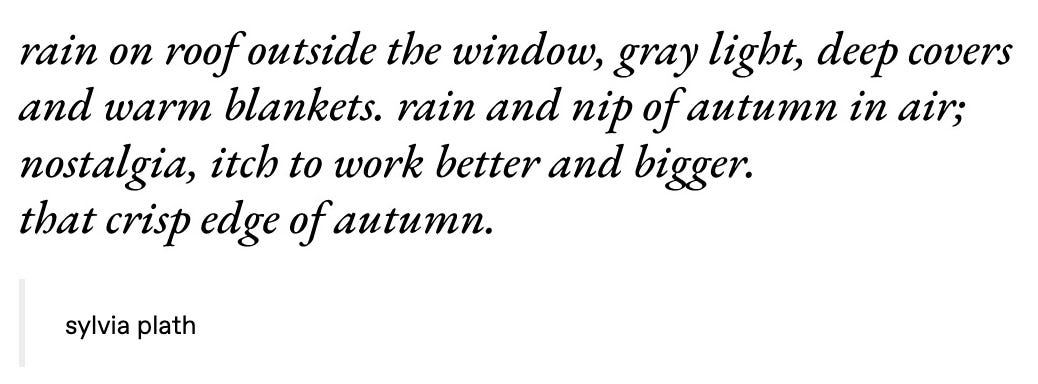


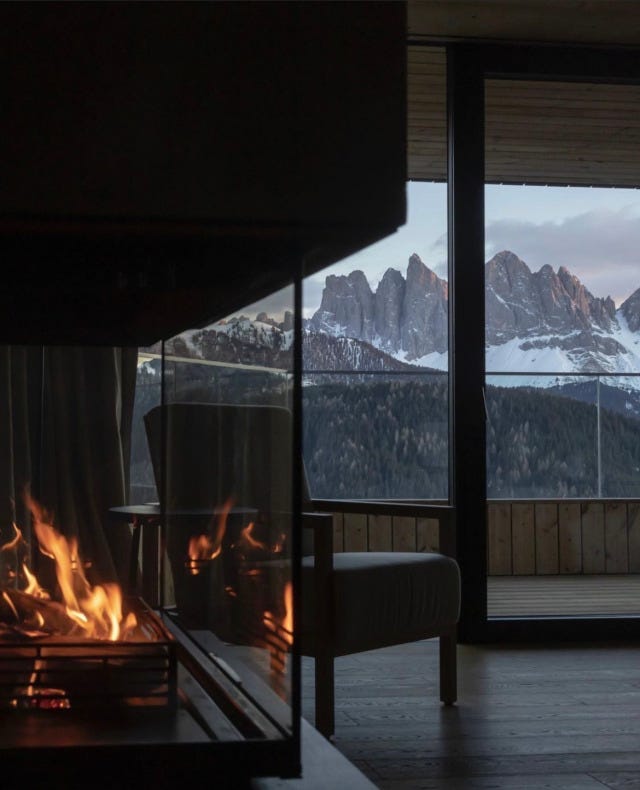

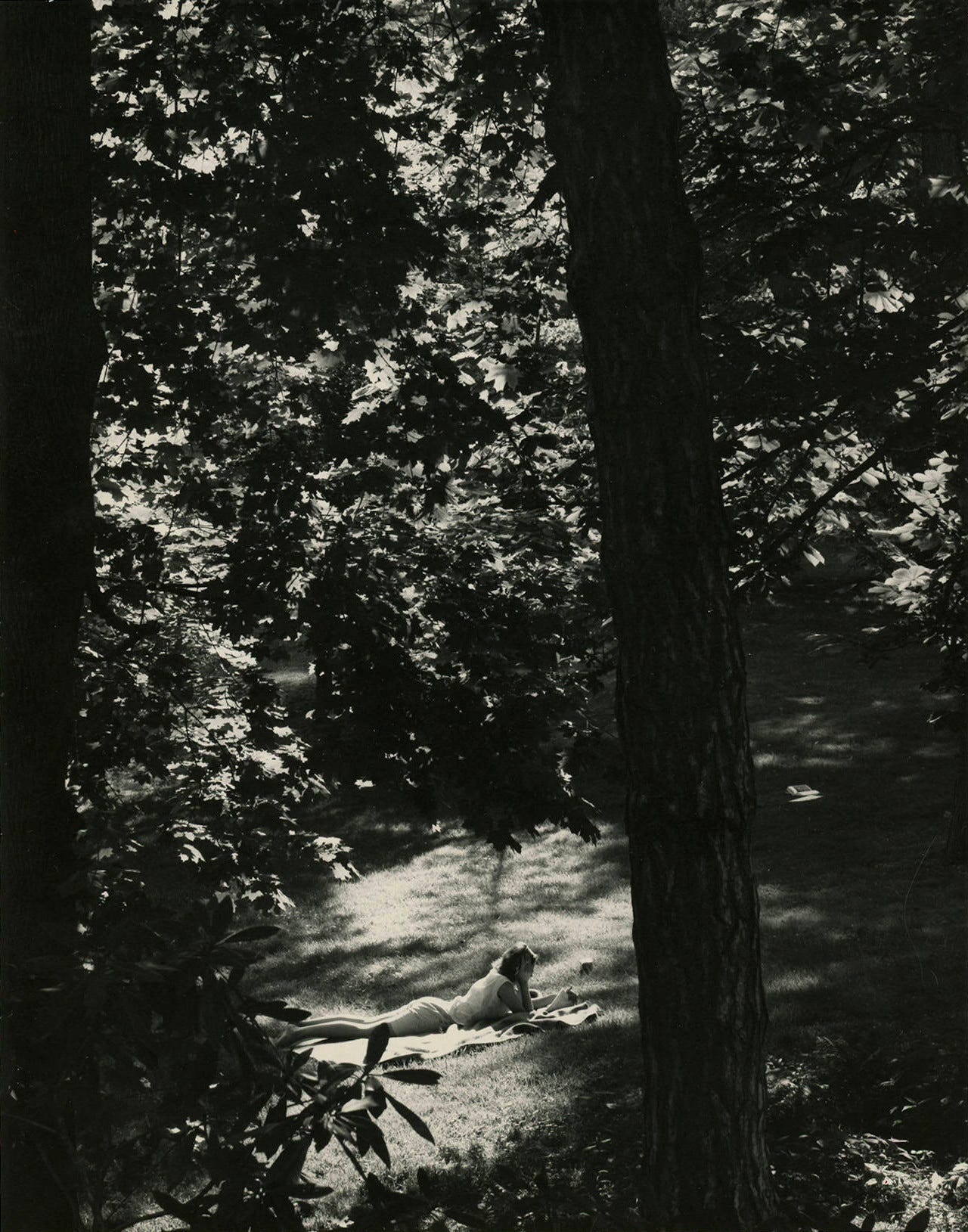
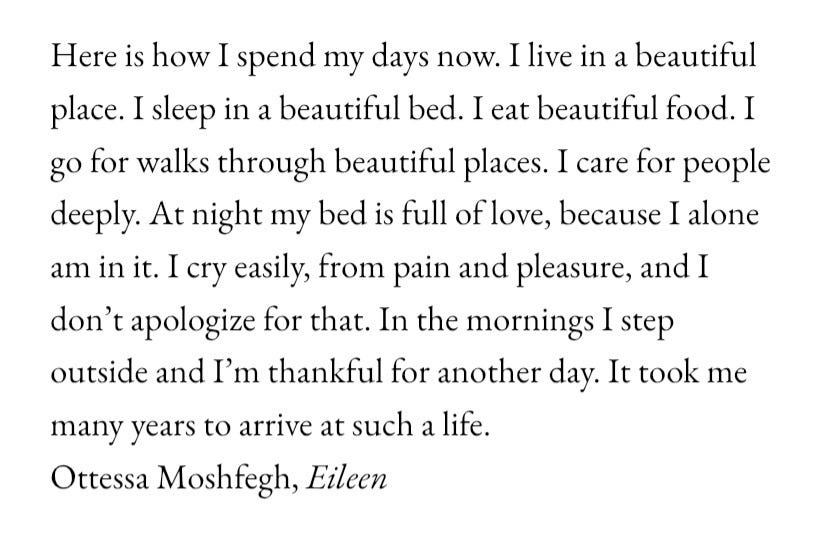


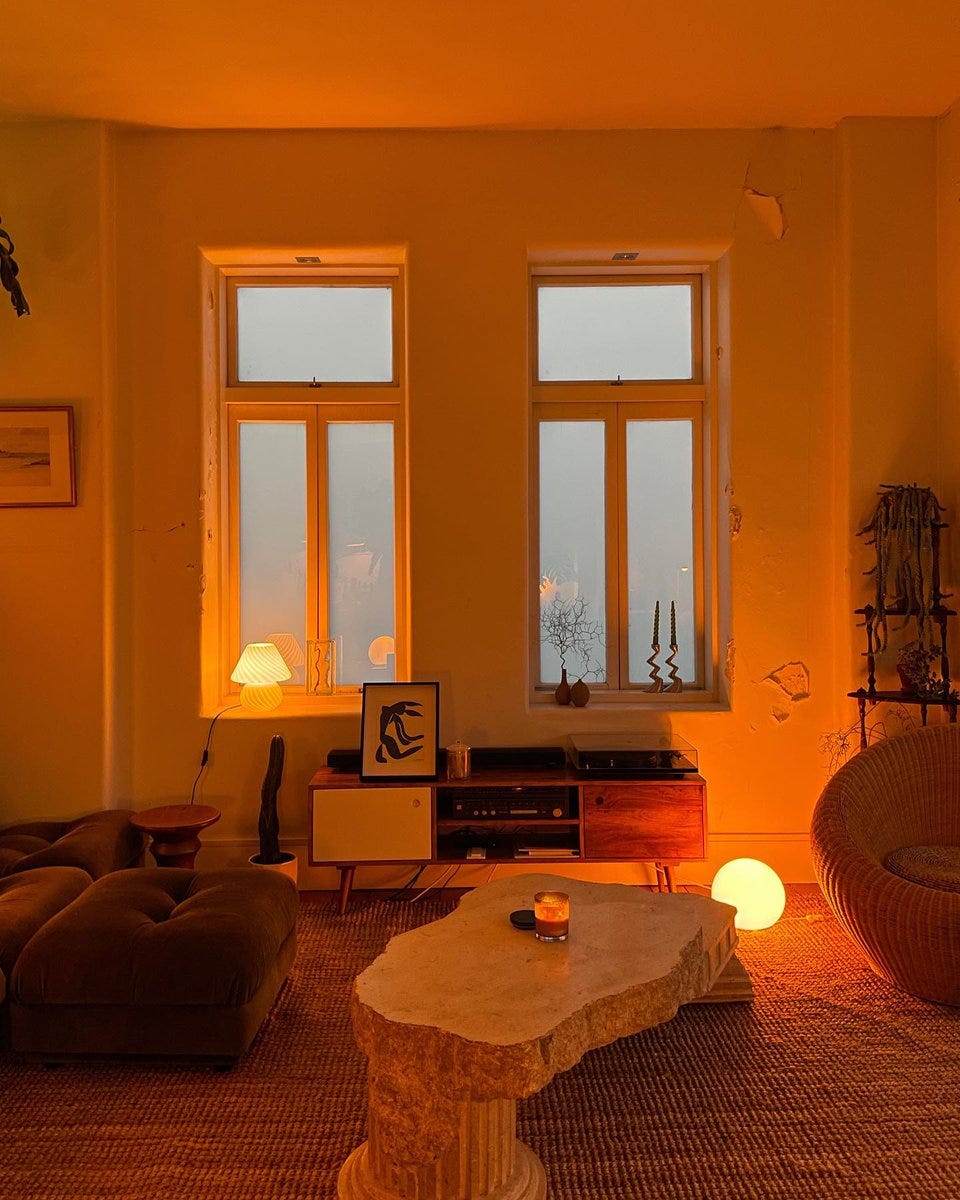

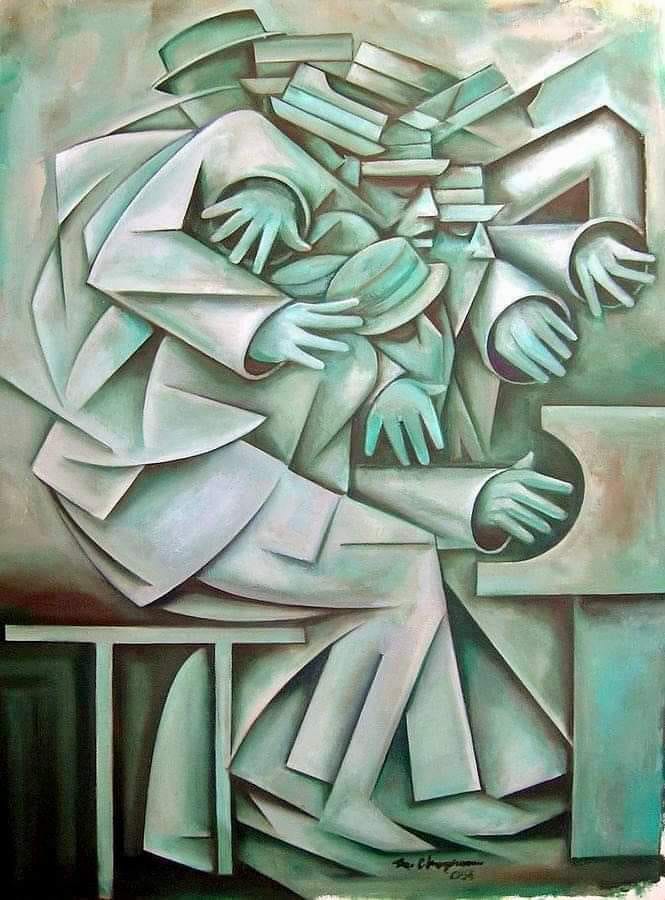
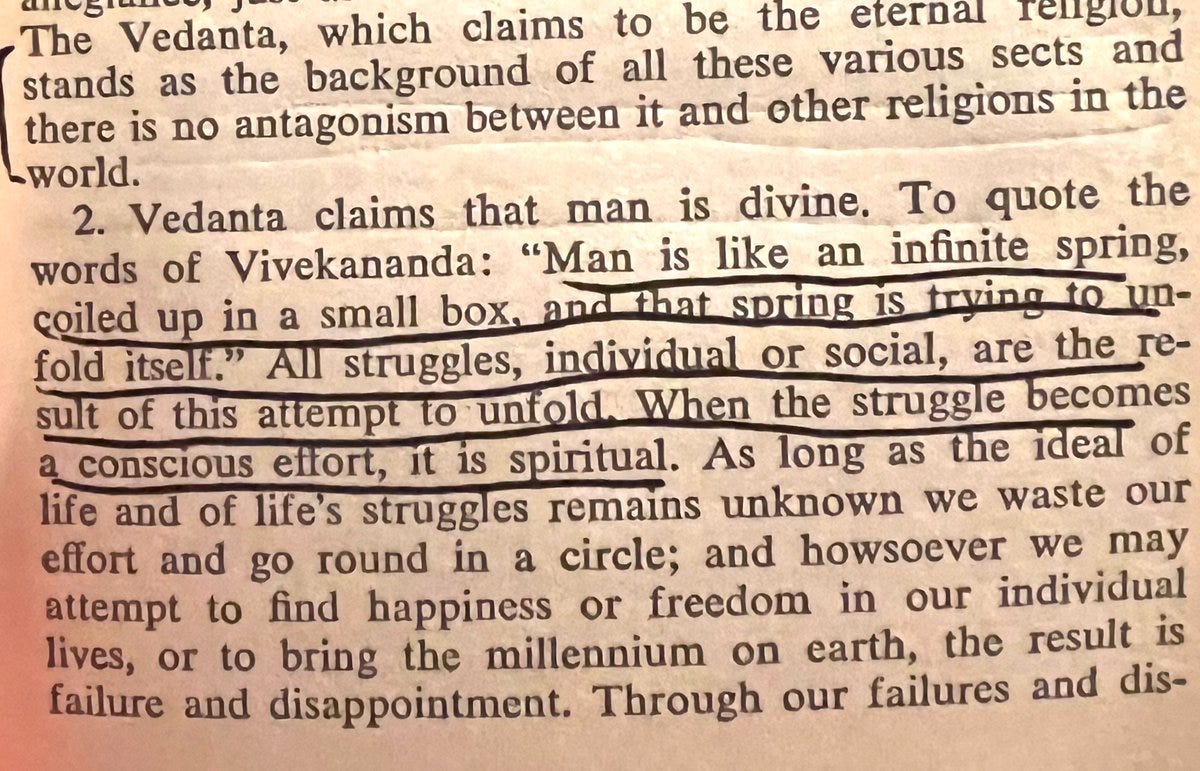










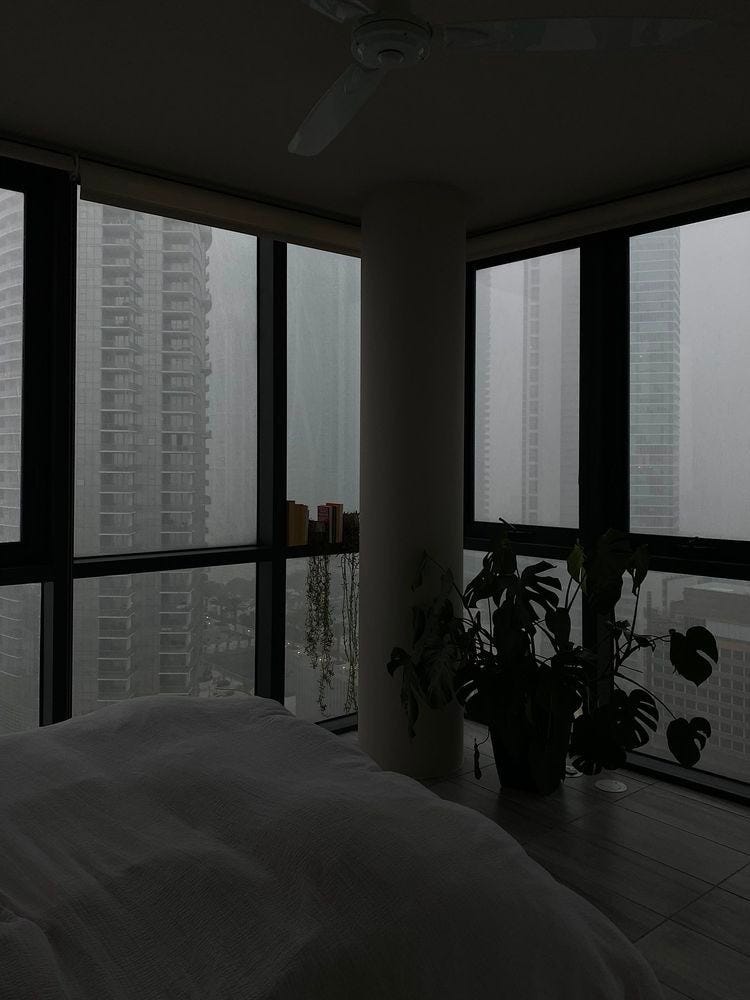














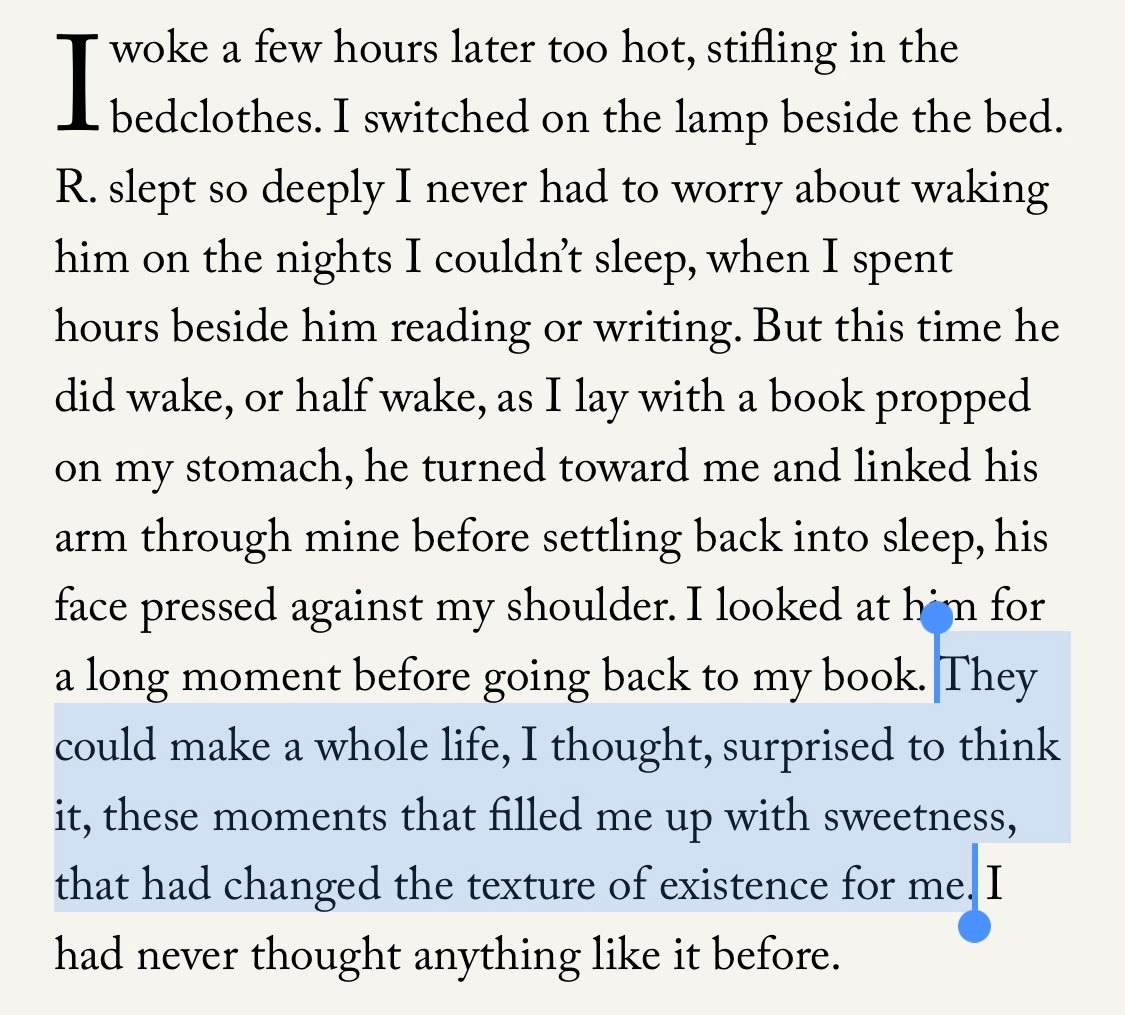






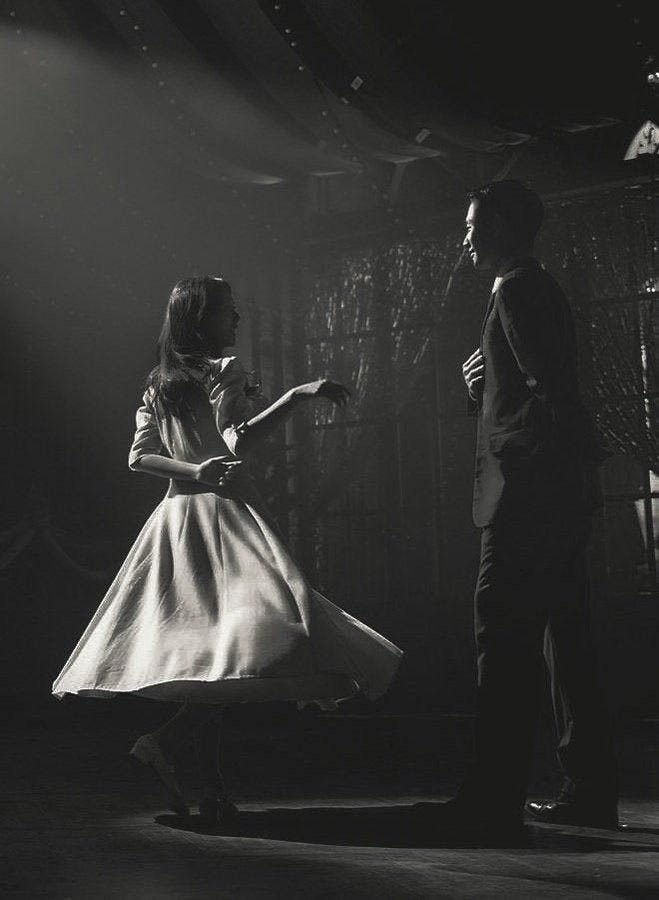
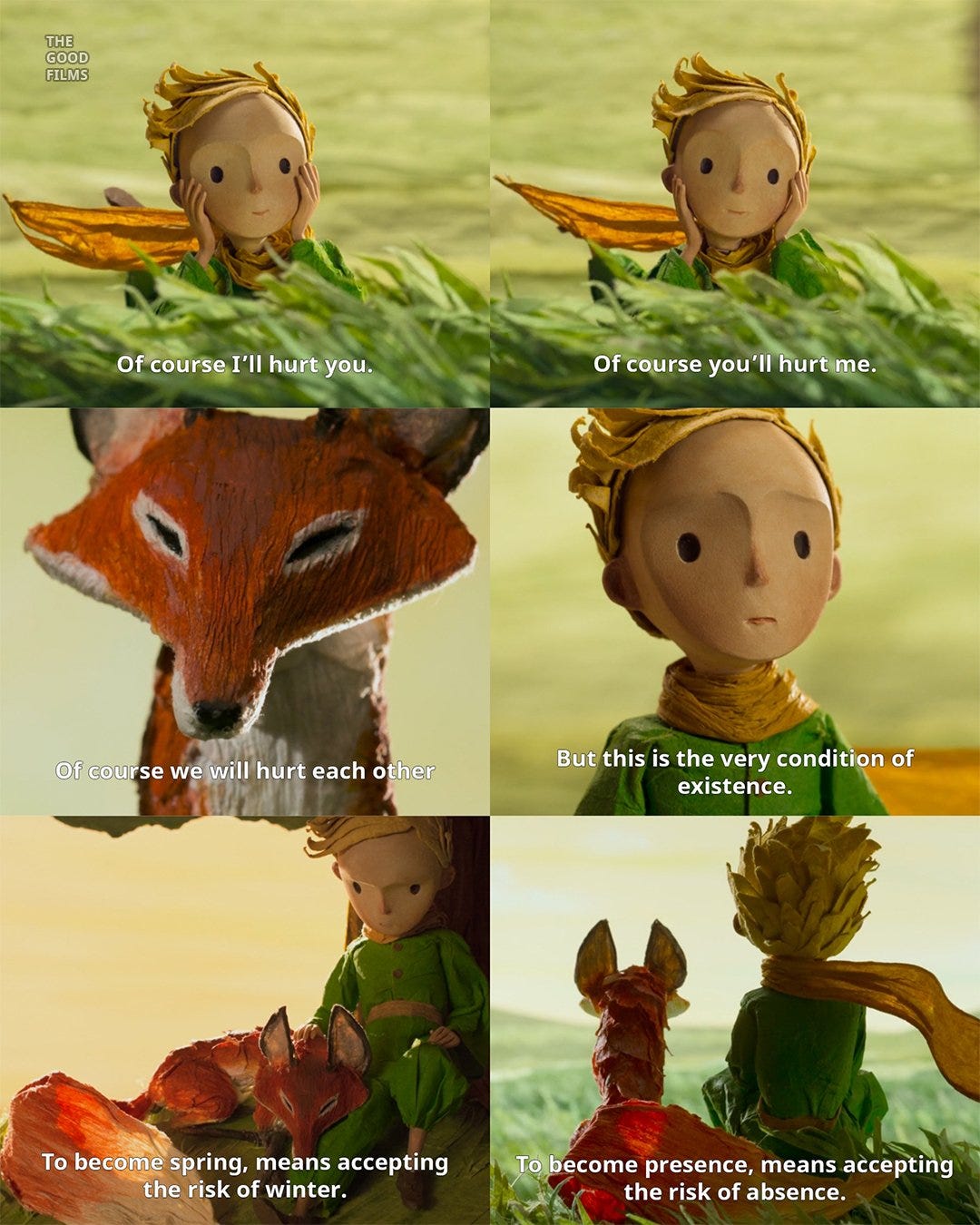



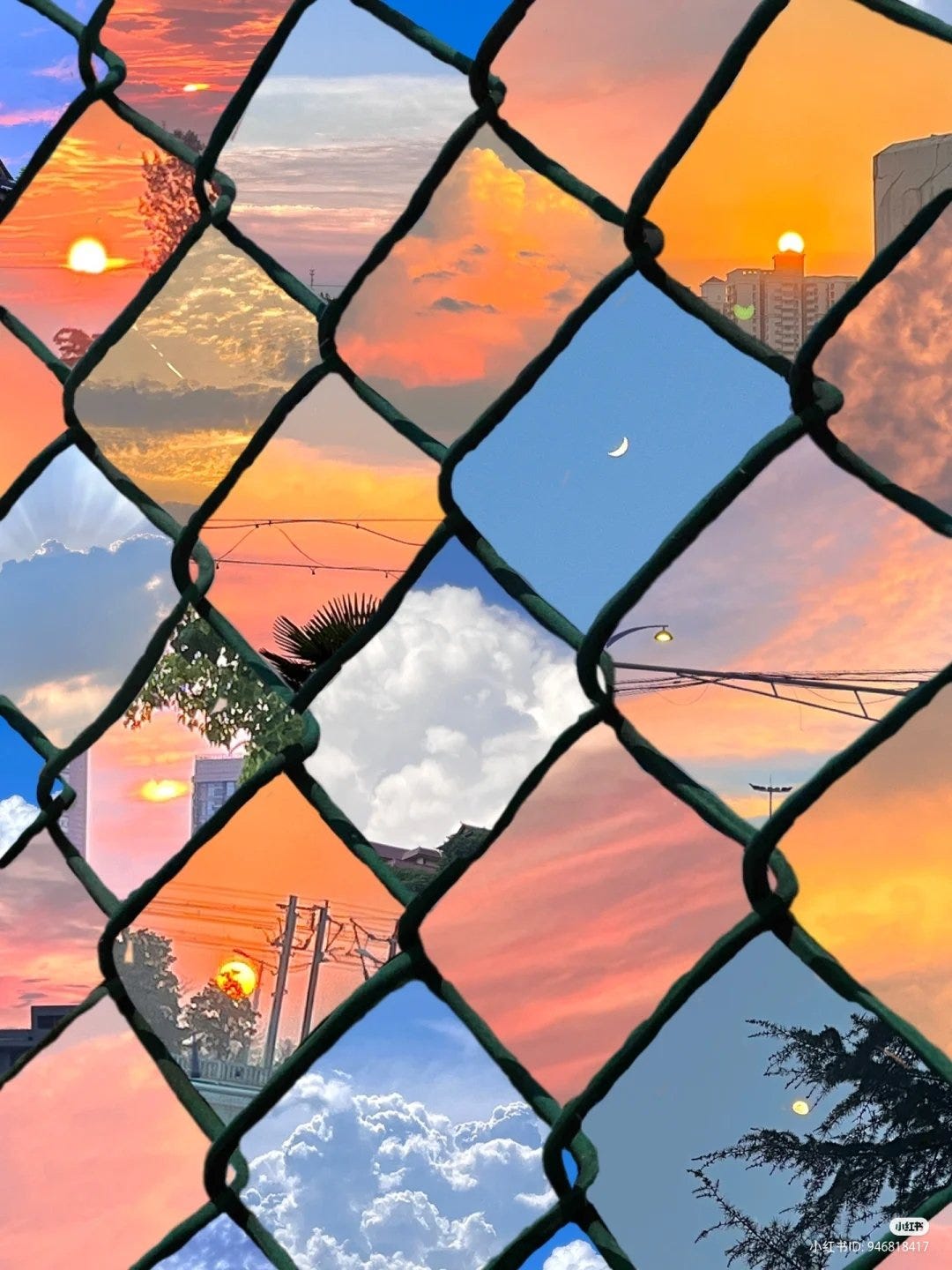



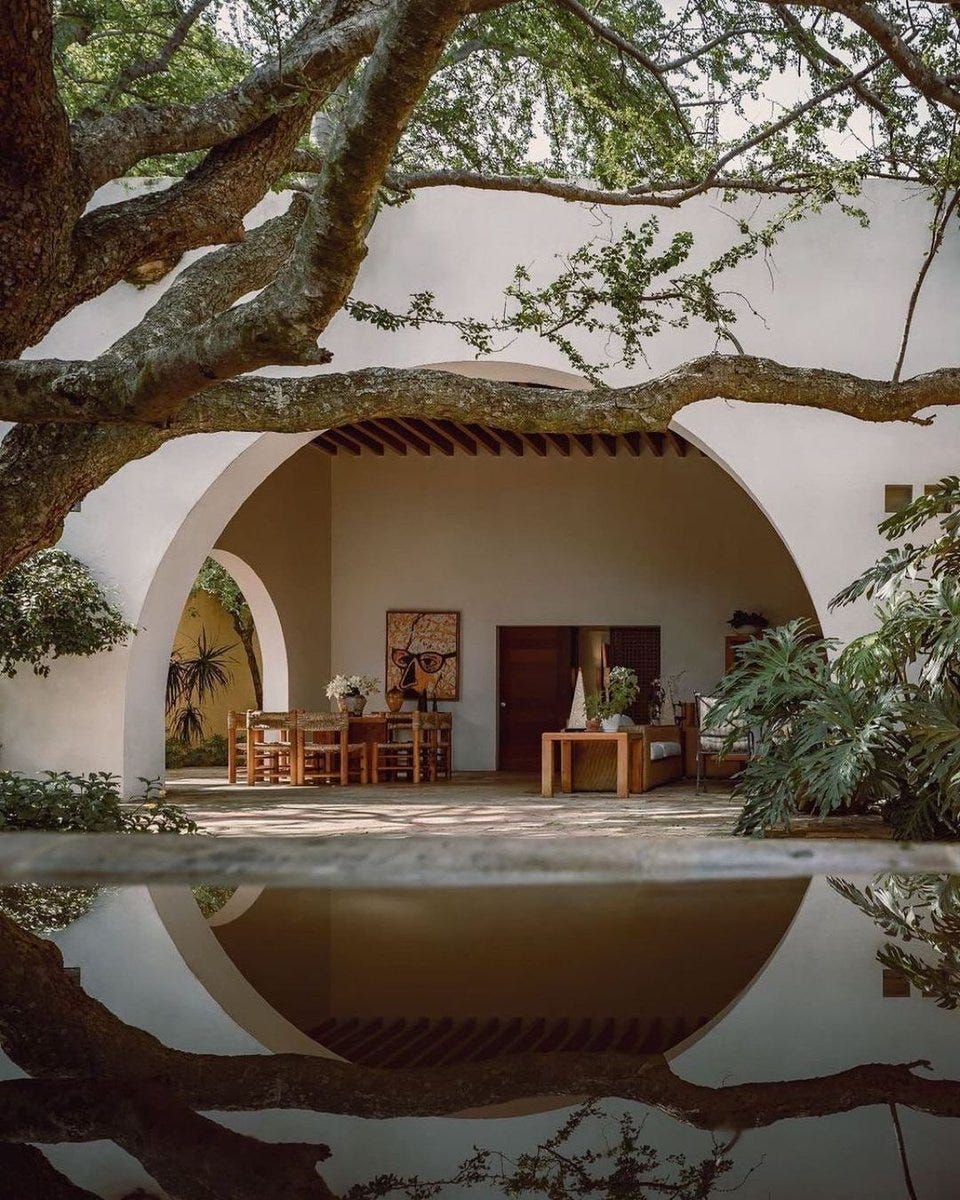


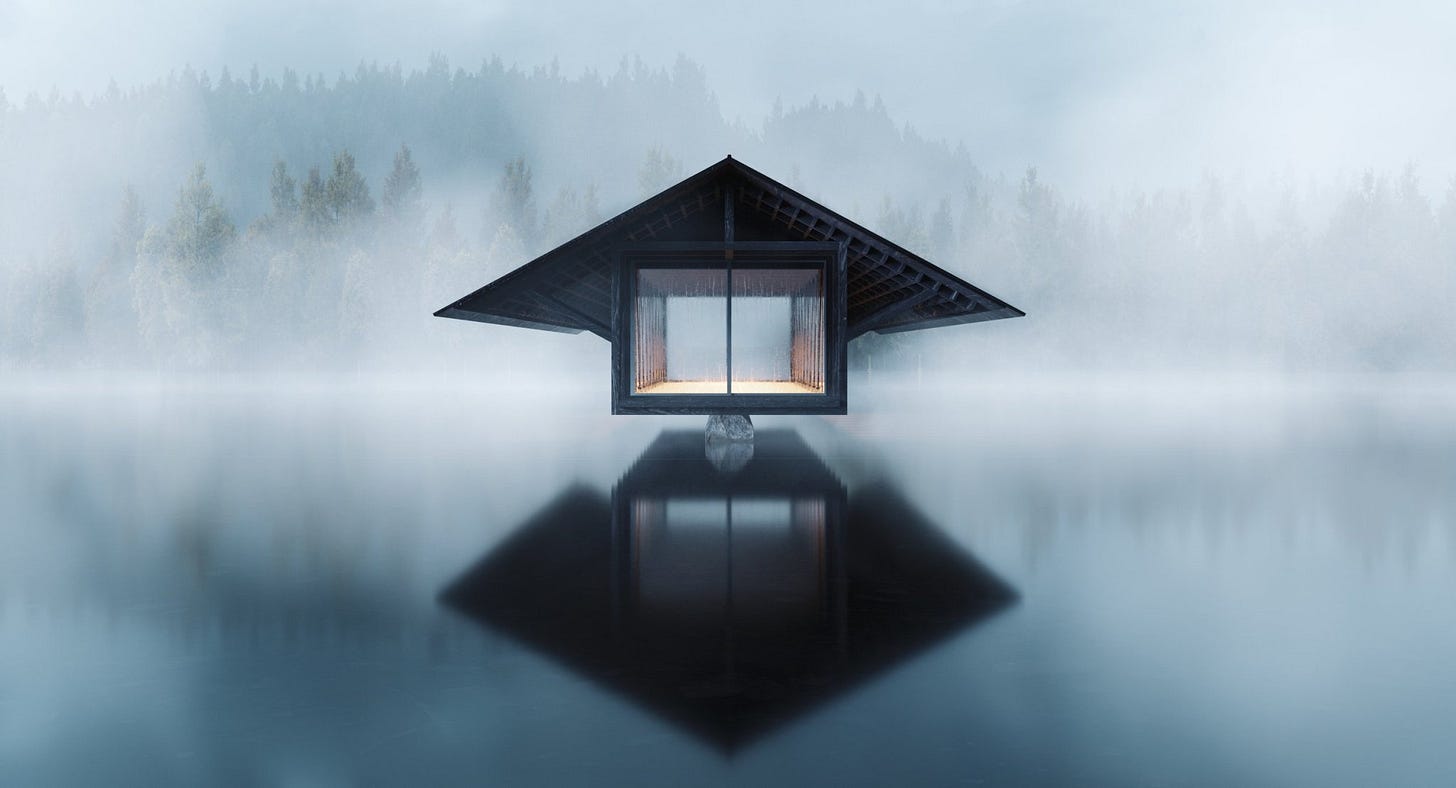














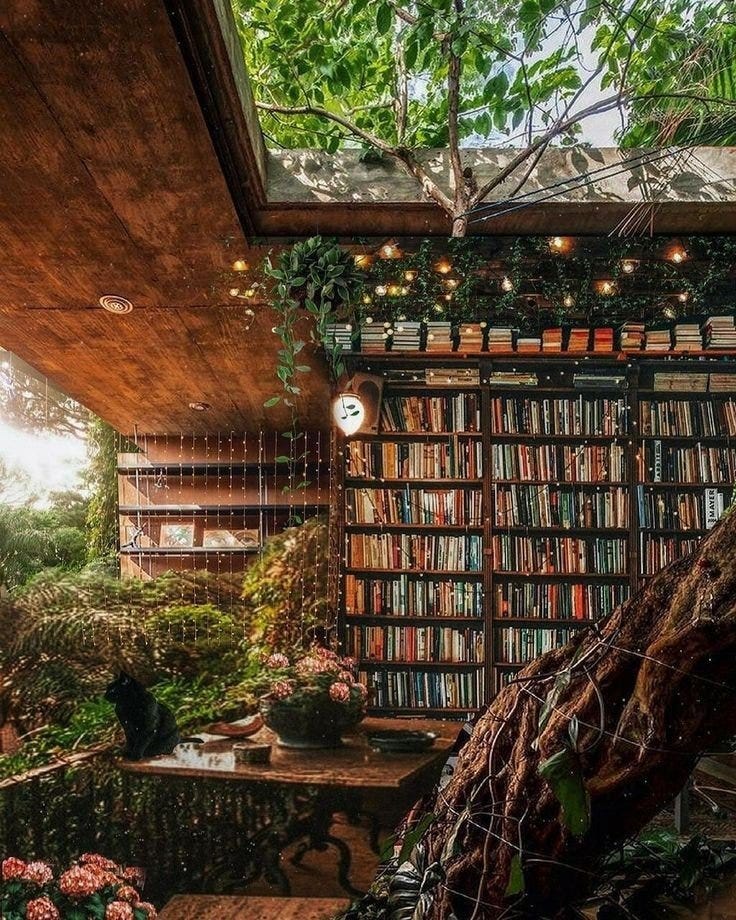
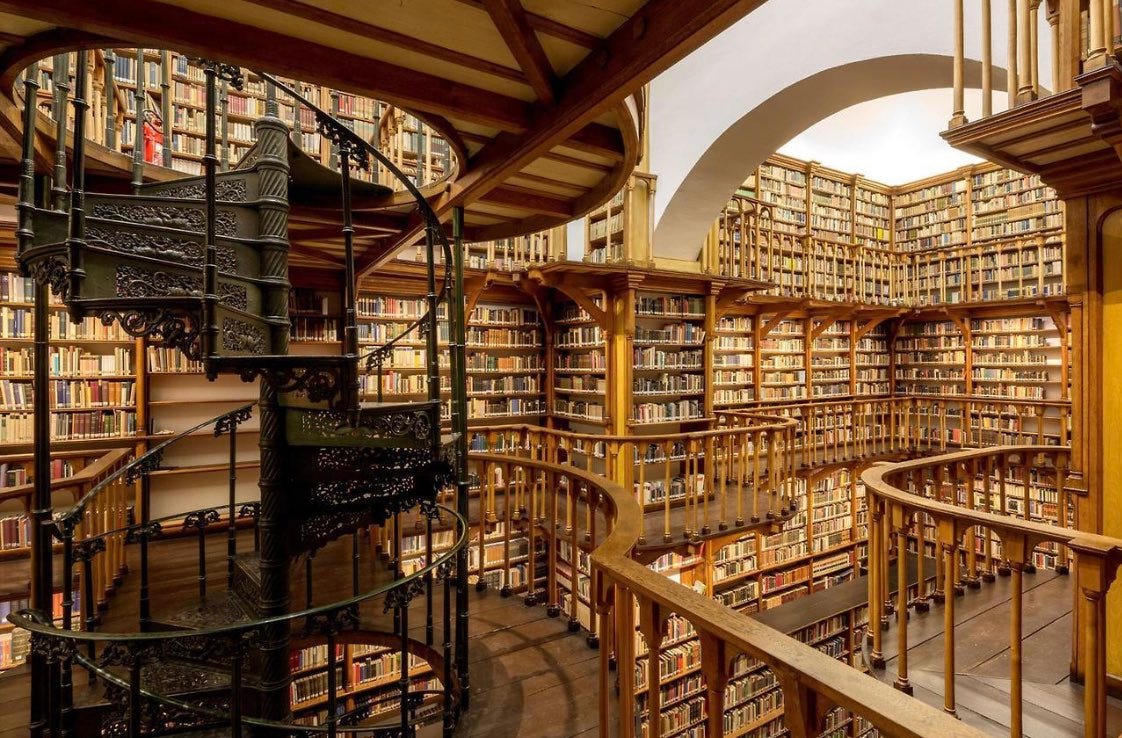






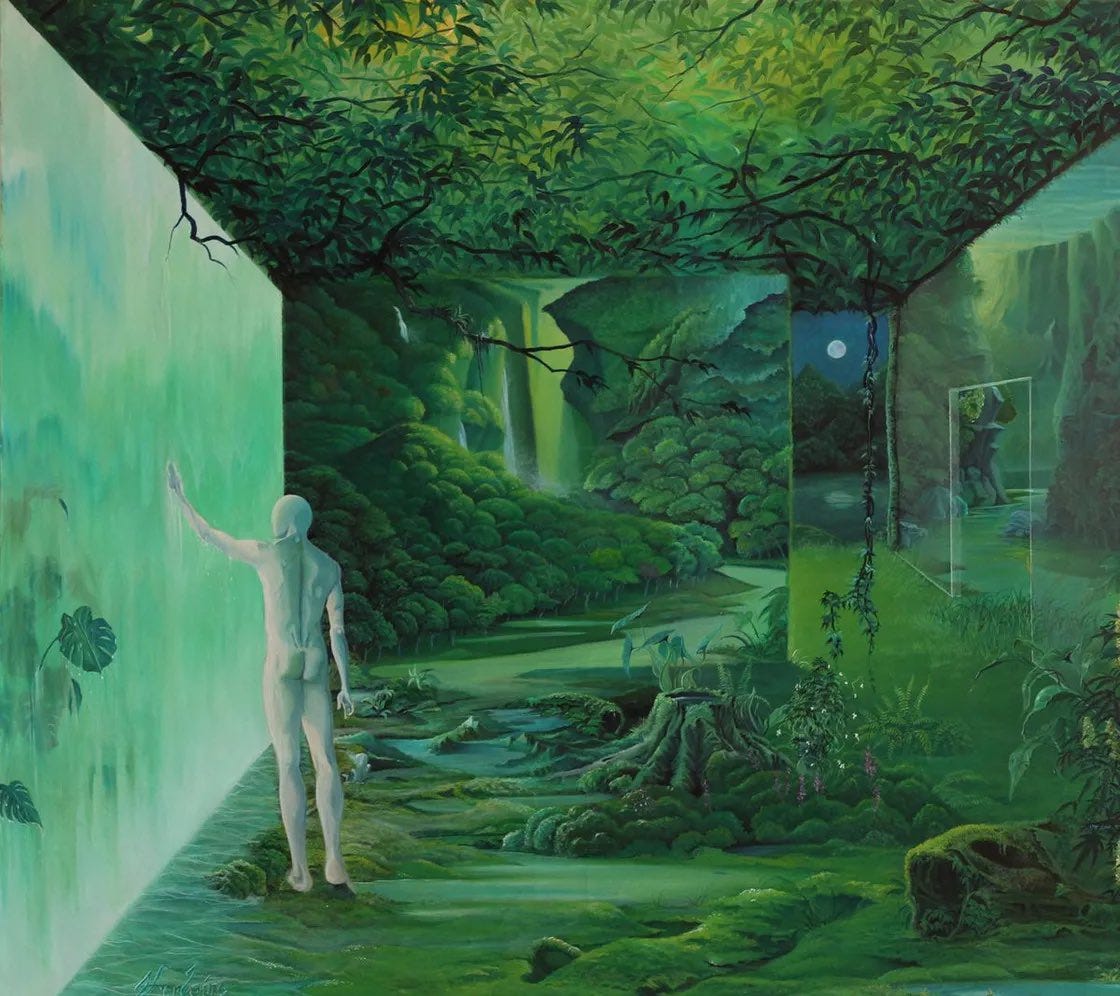
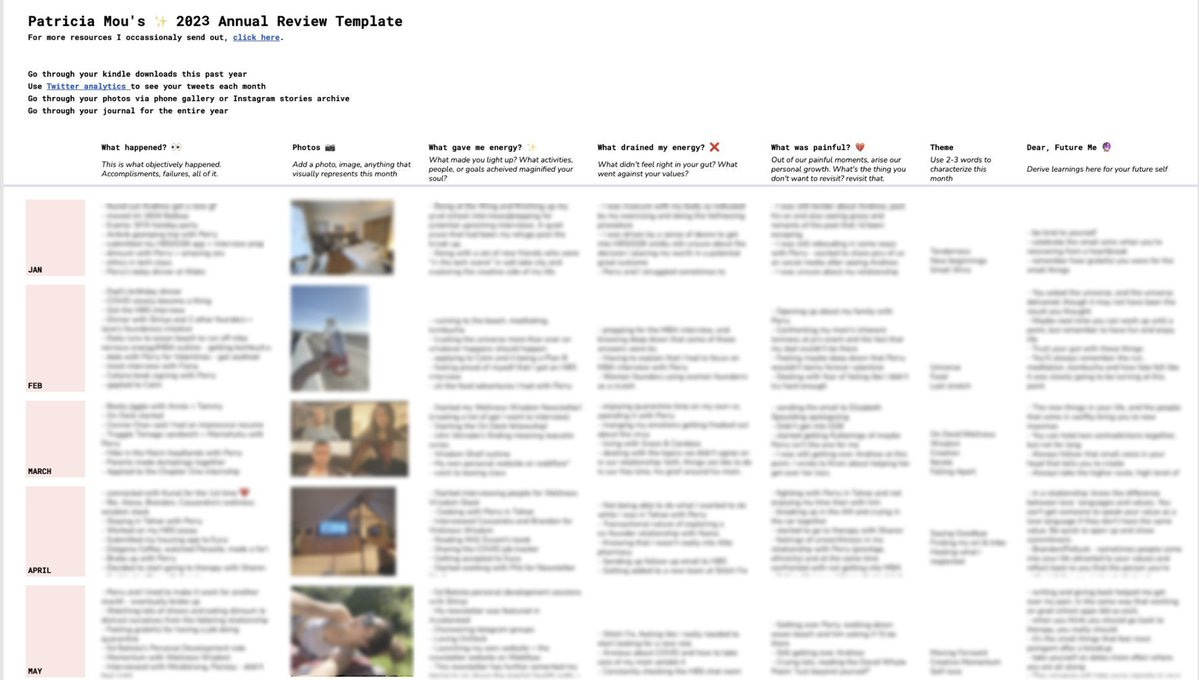














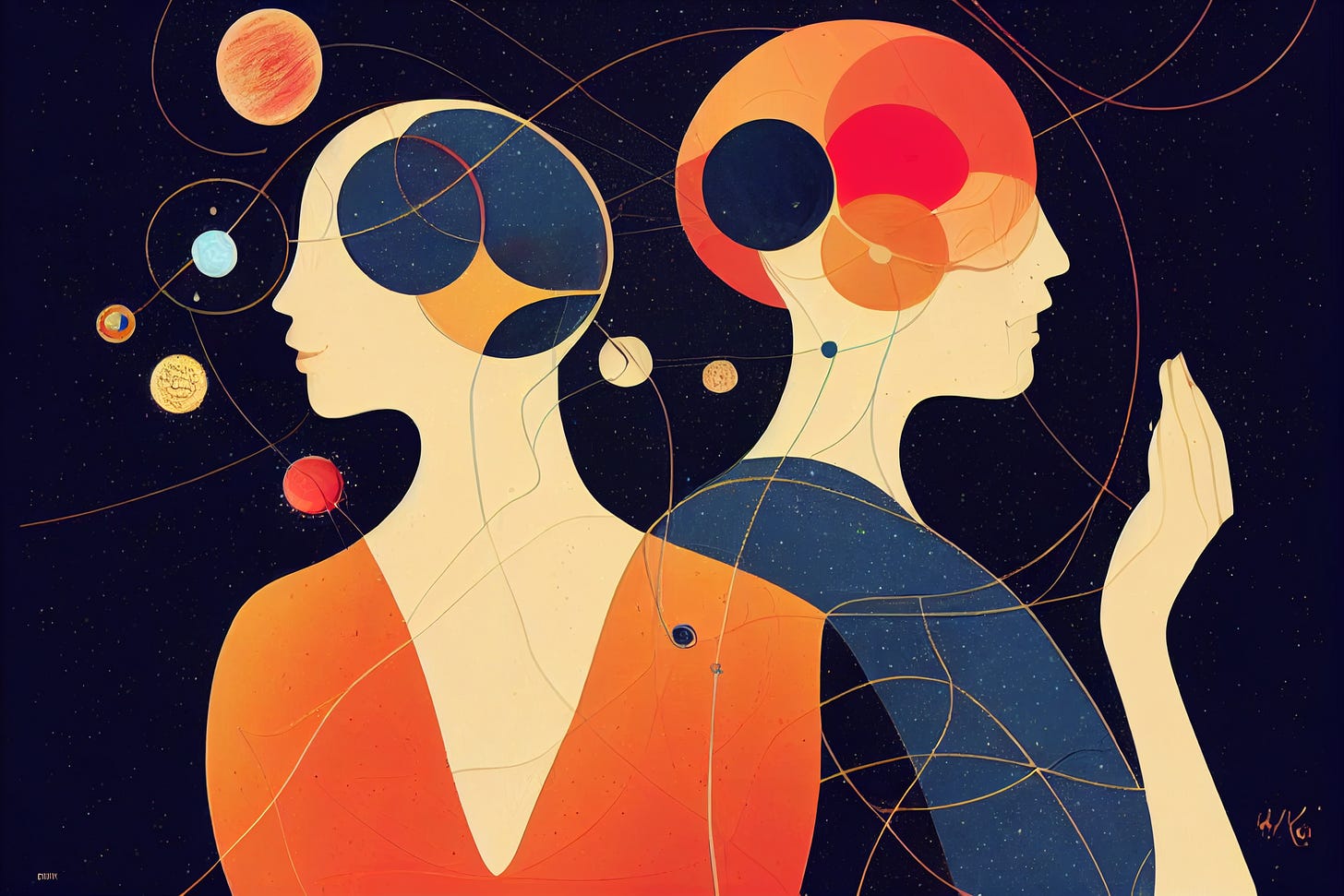









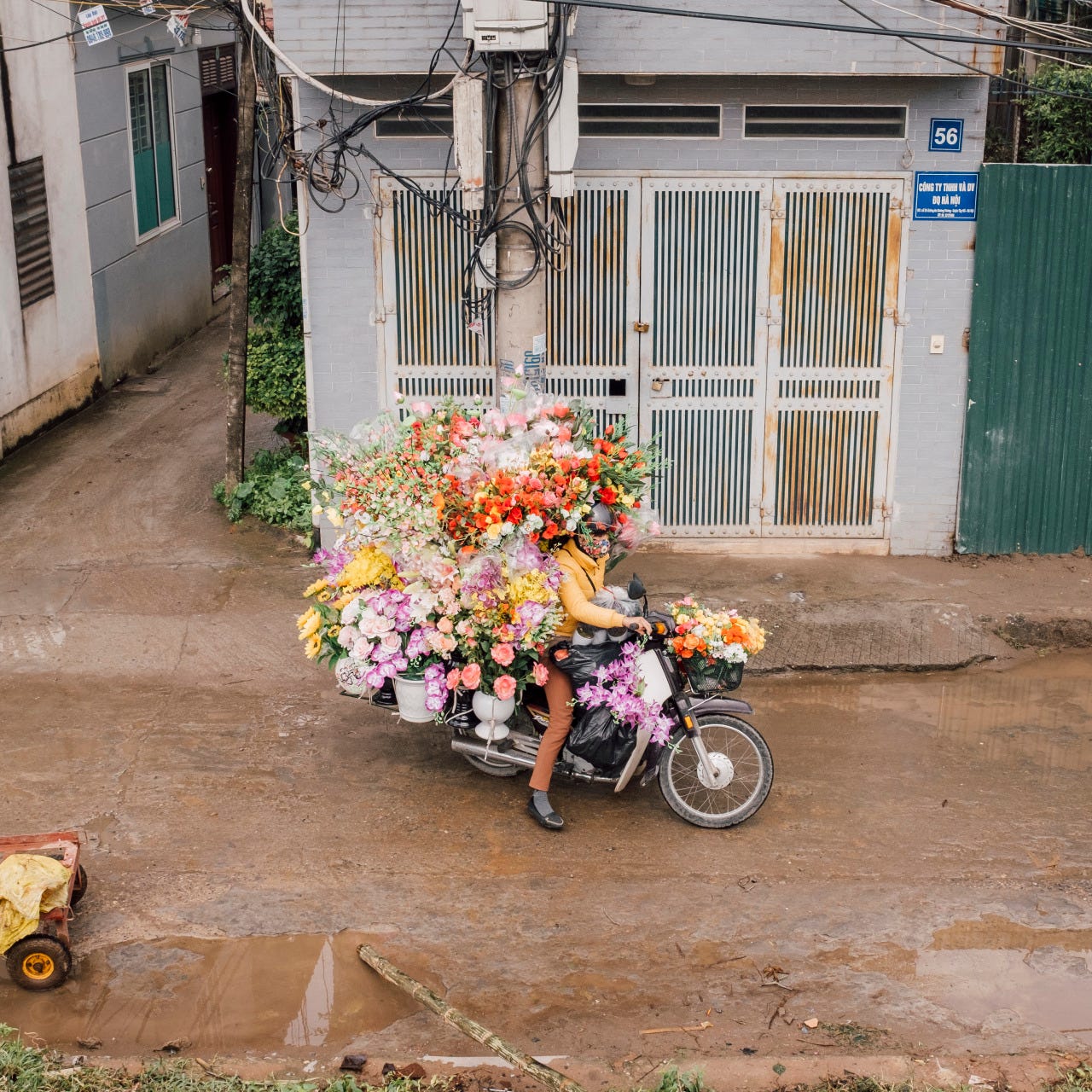





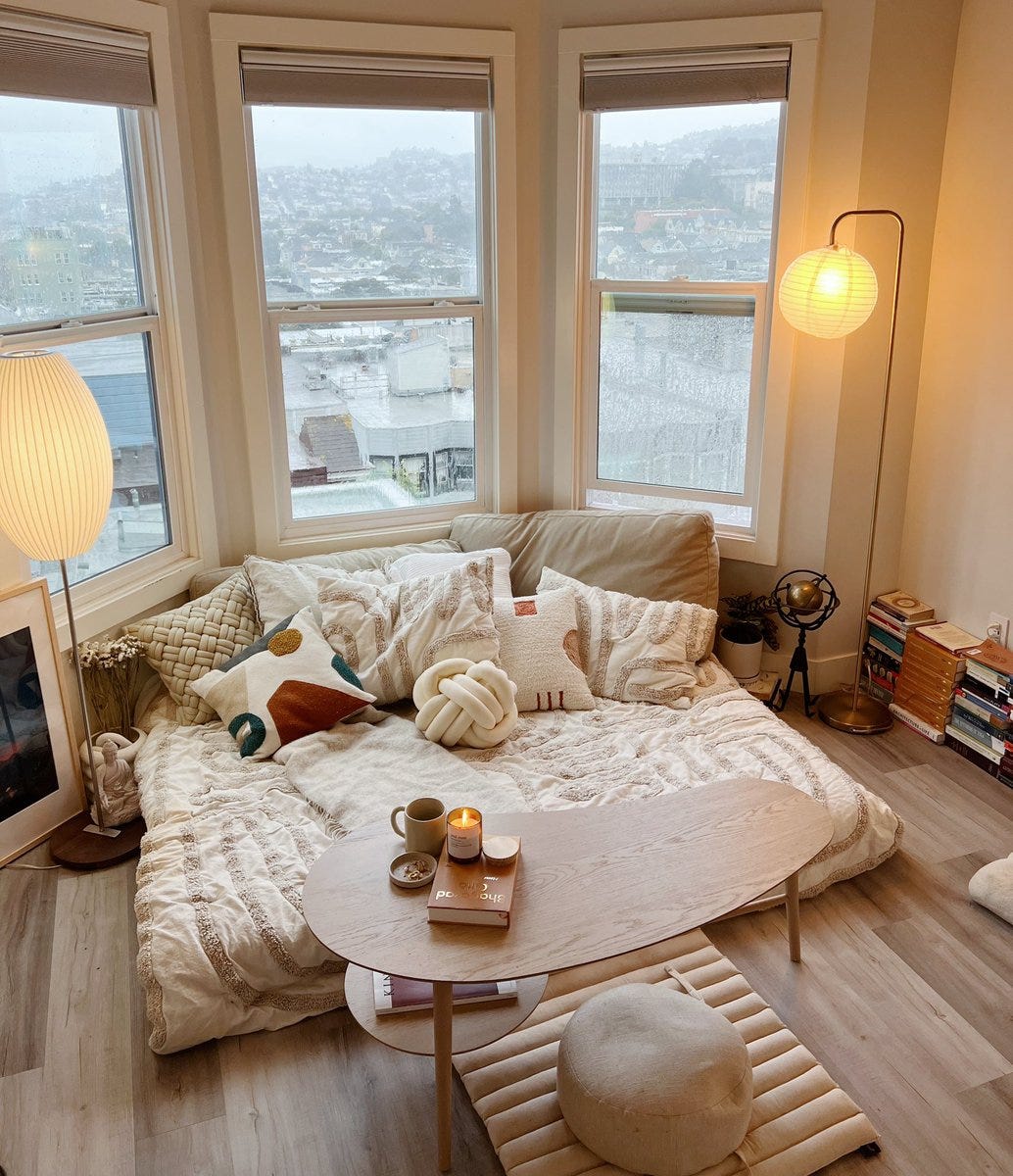
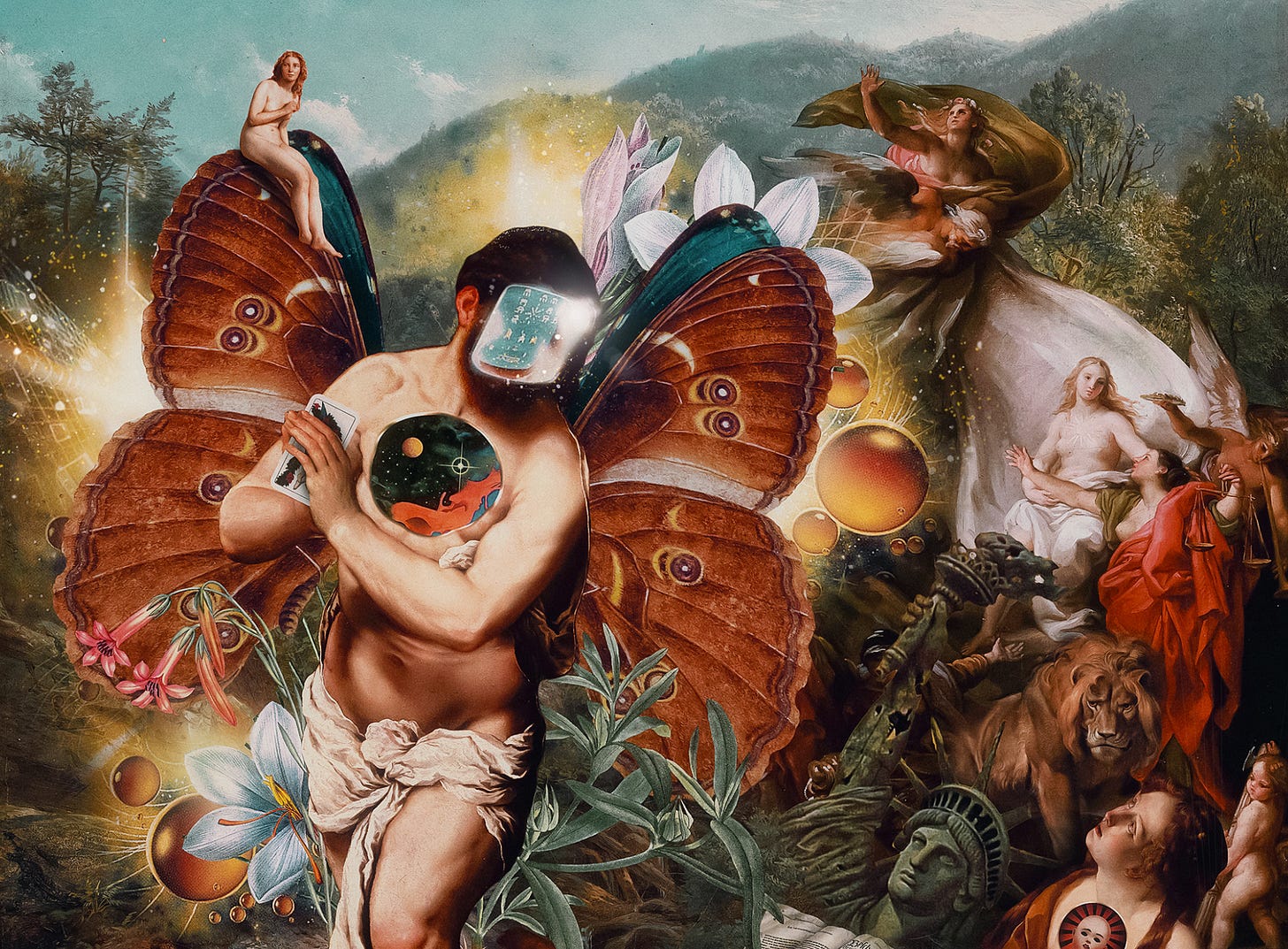
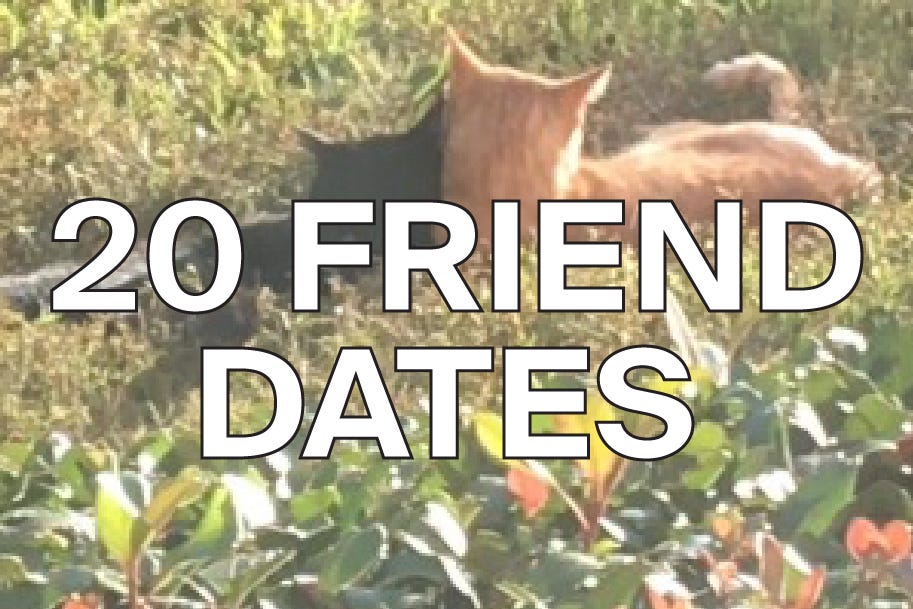


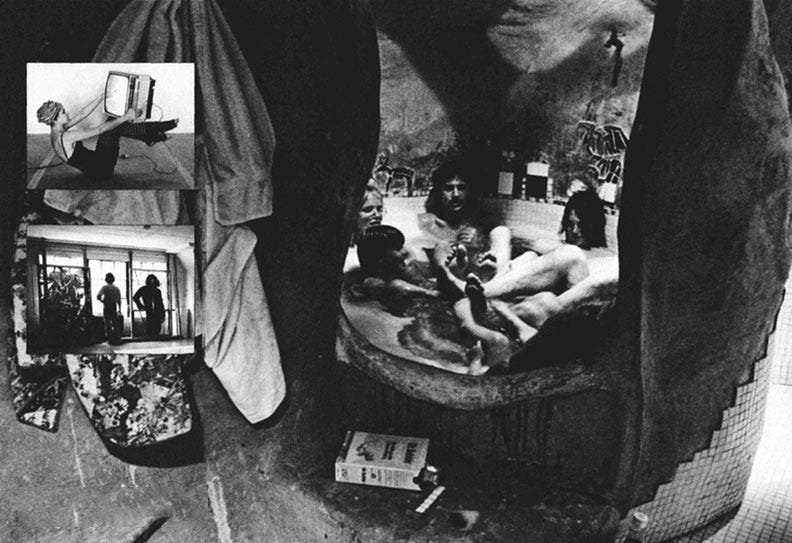












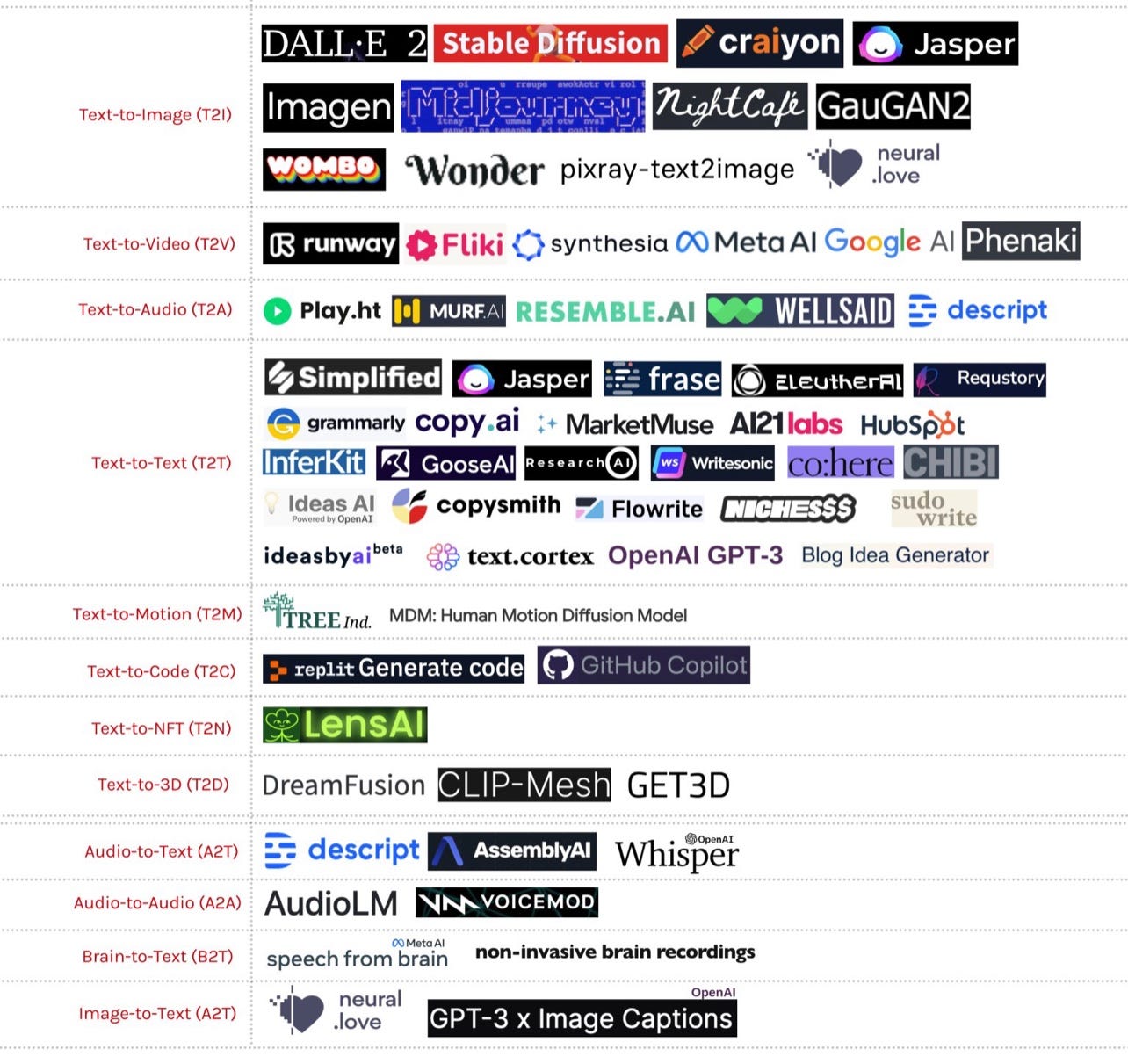






Can I just say I want to move into that tree house!
So inspiring and feel good for the soul content 🫠